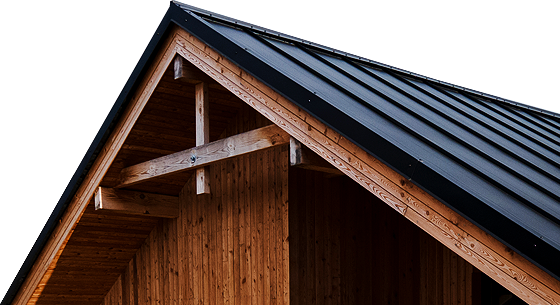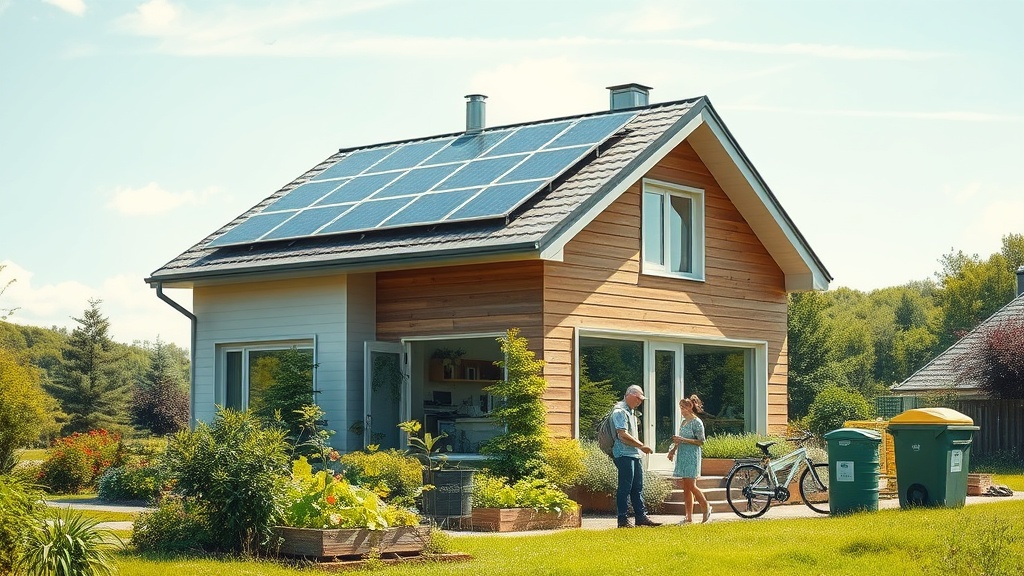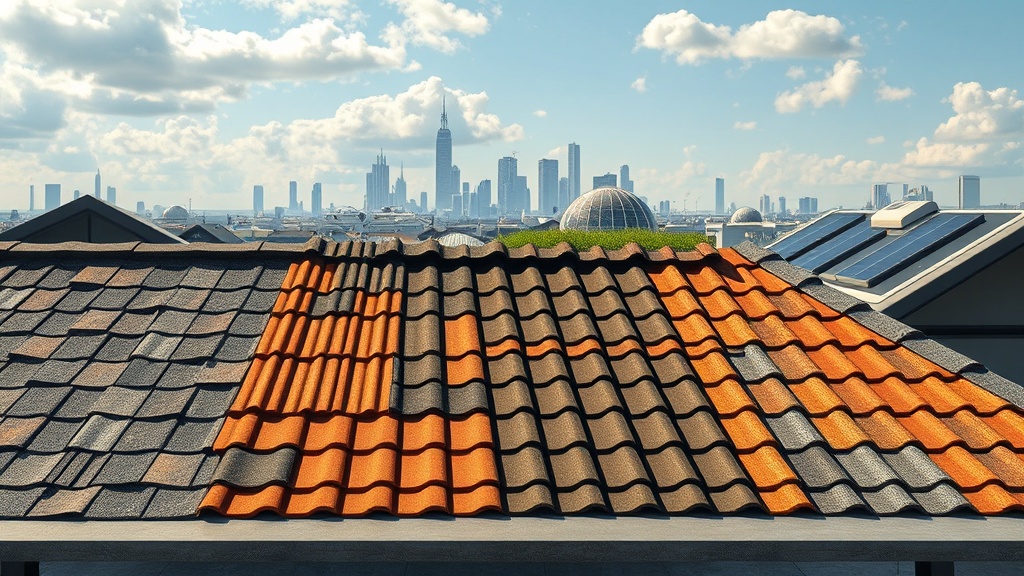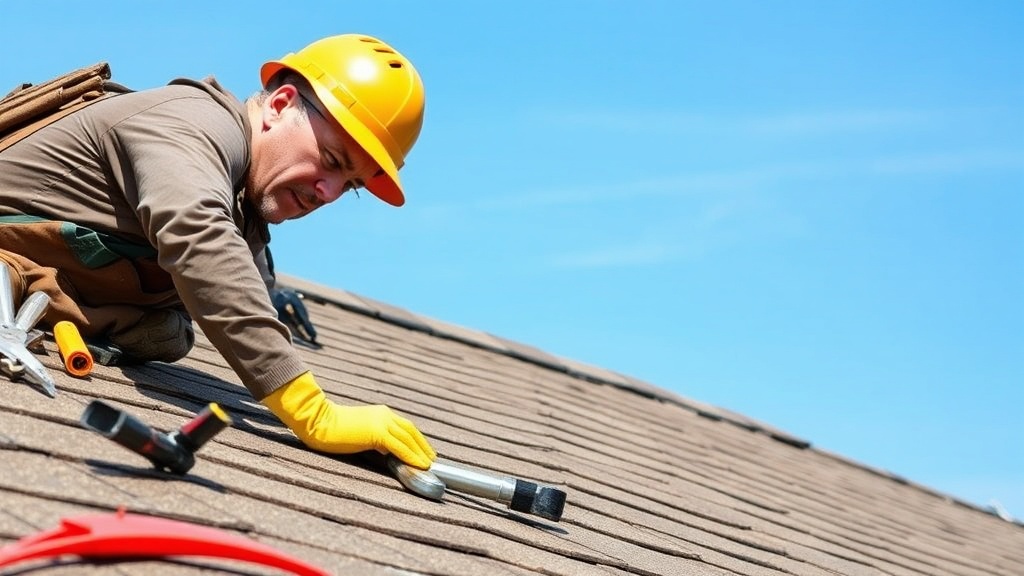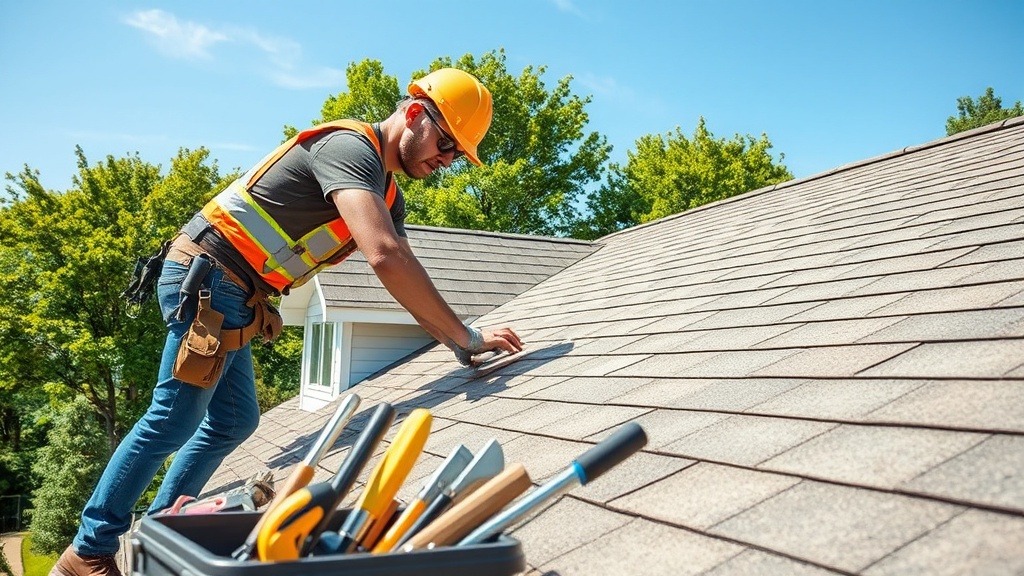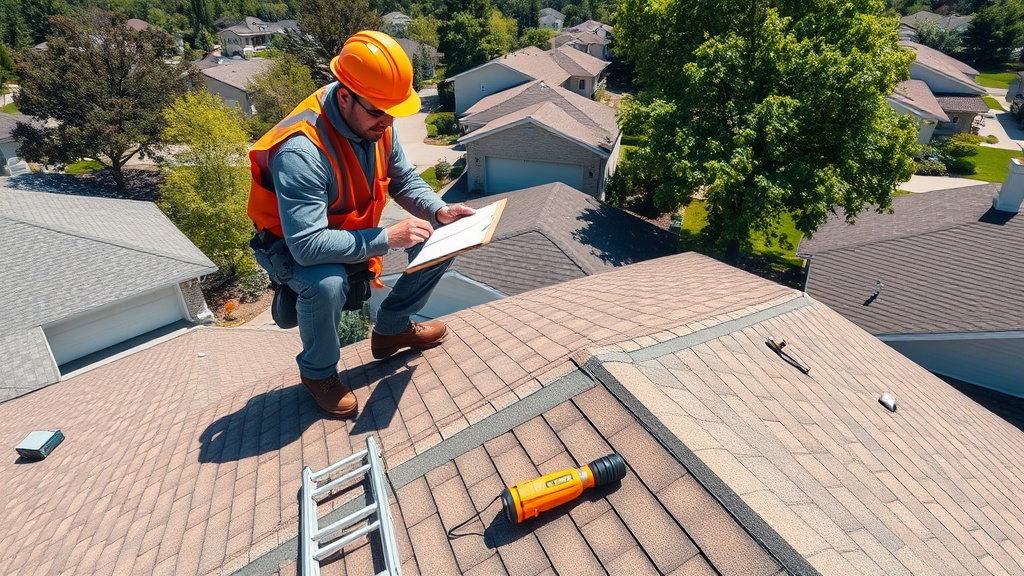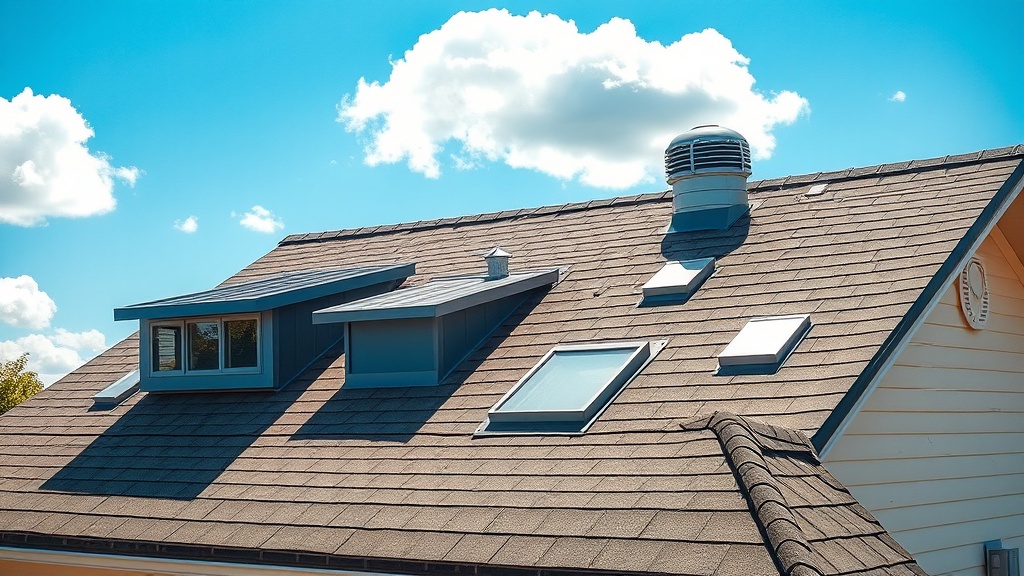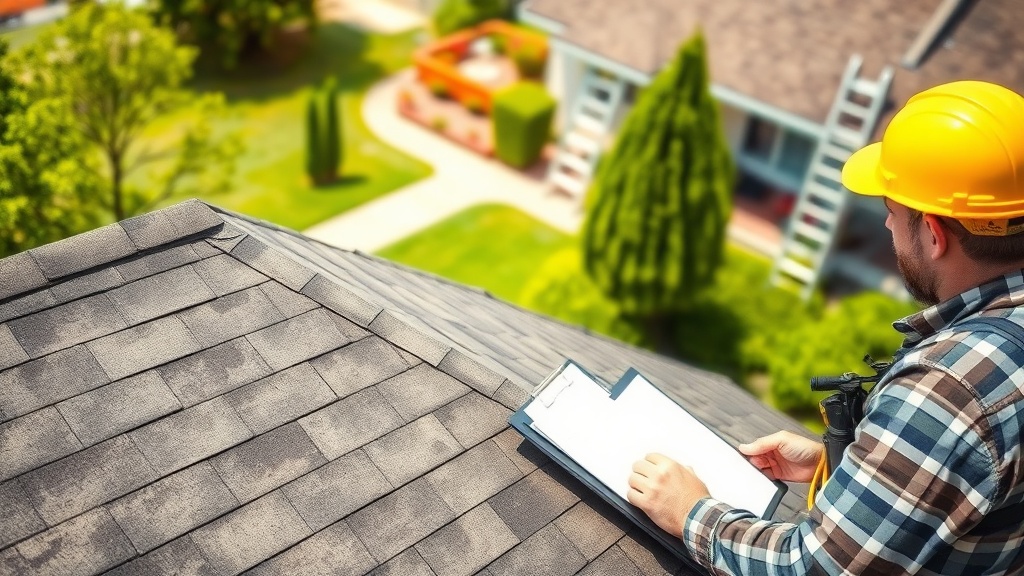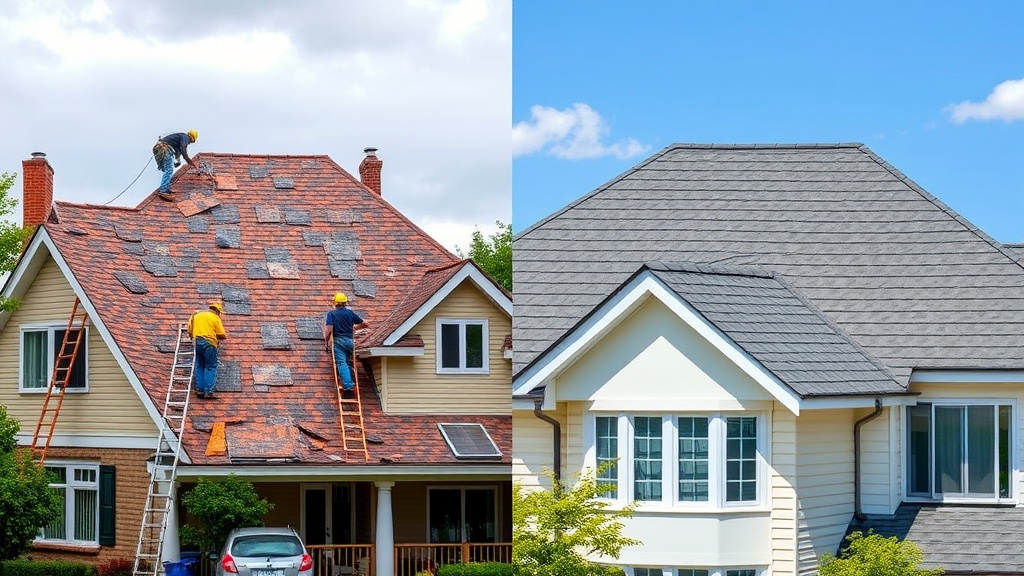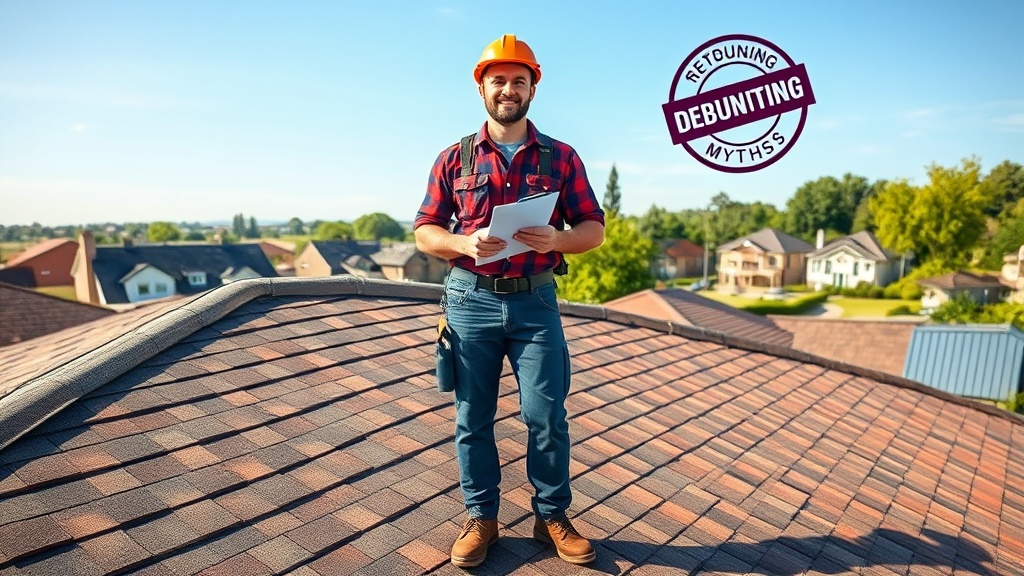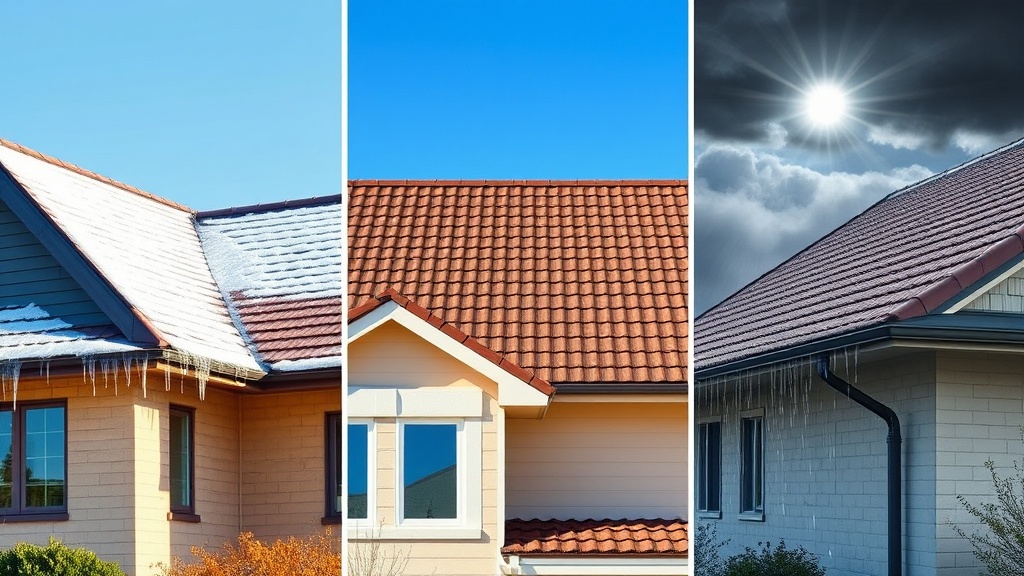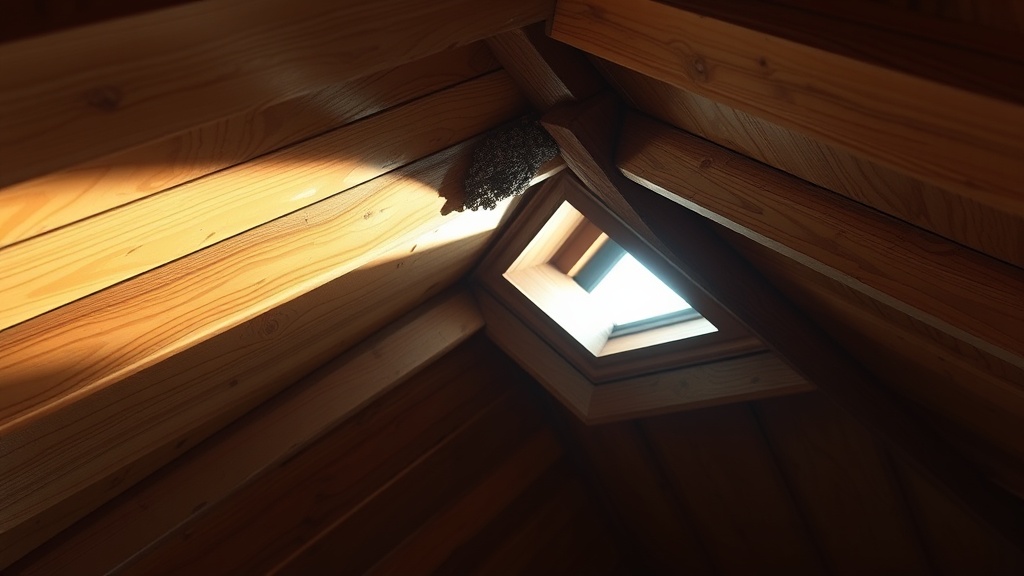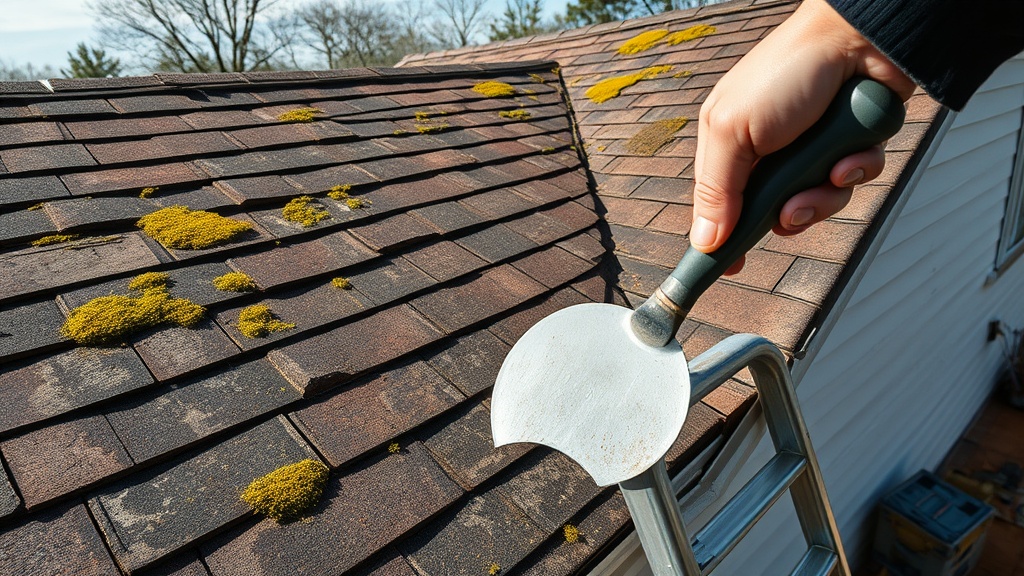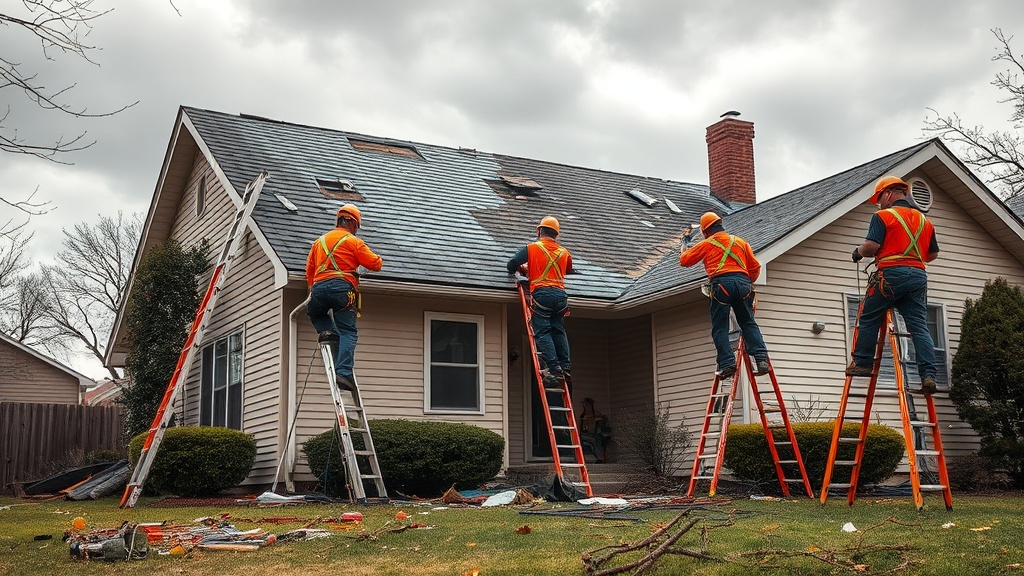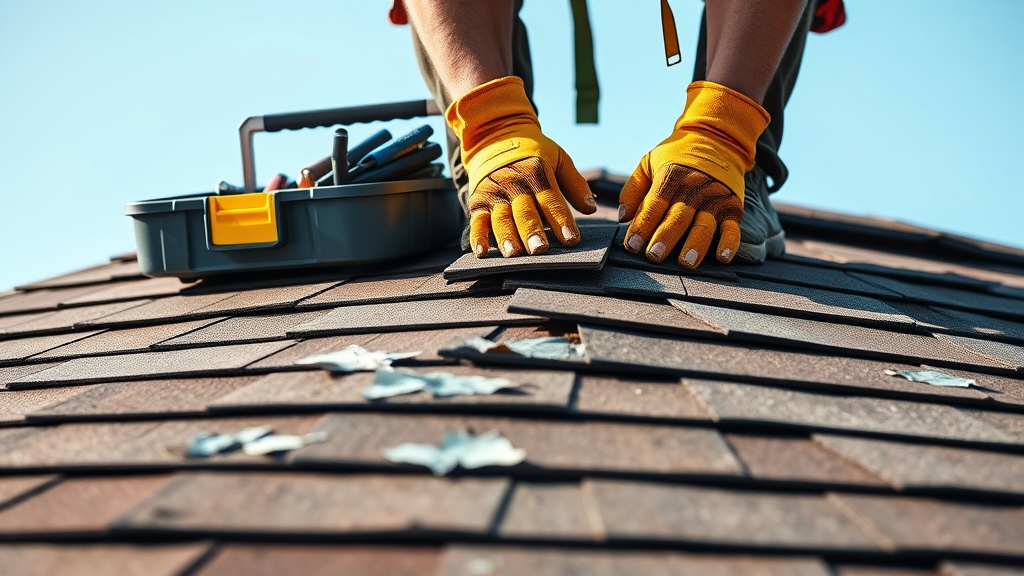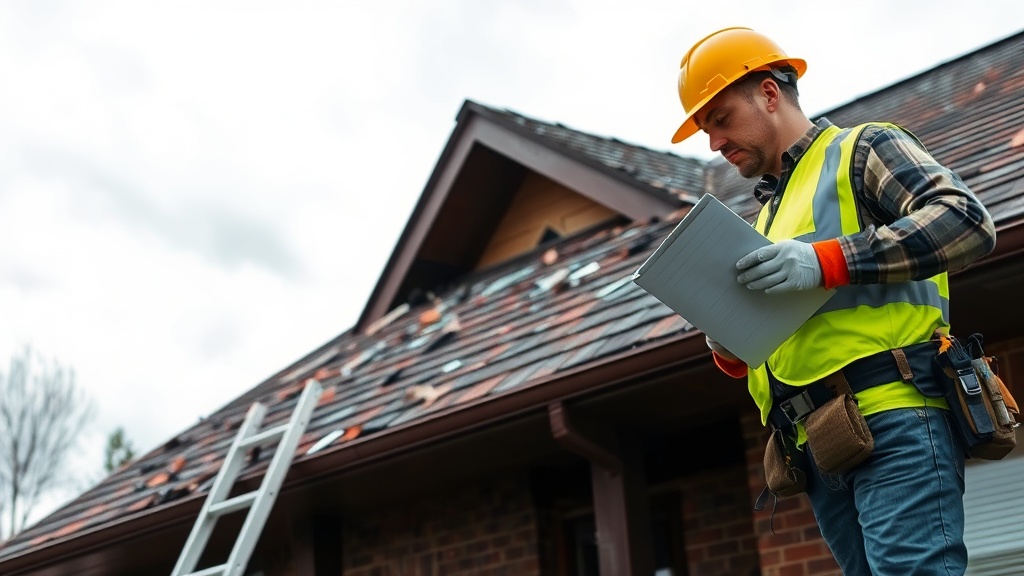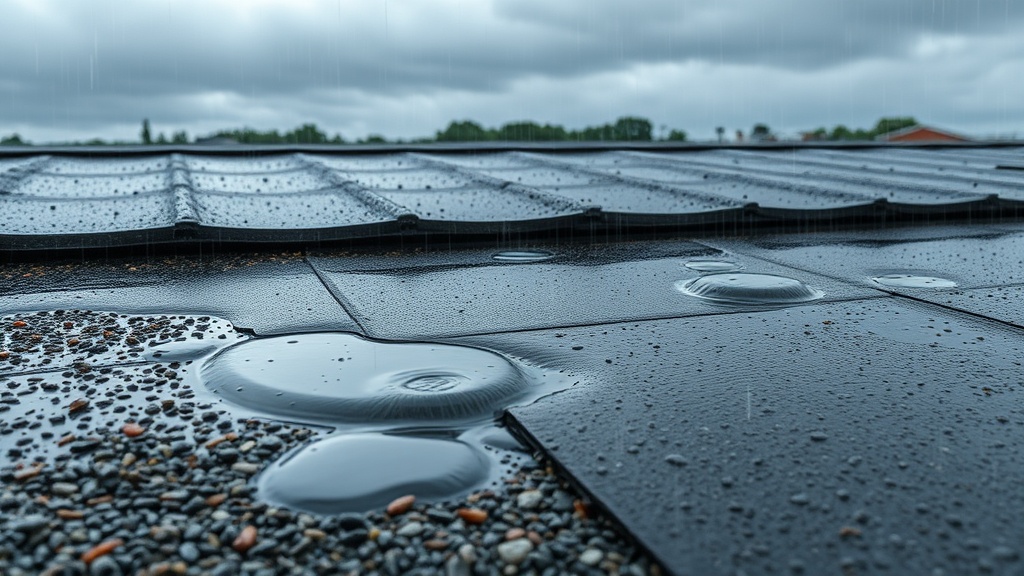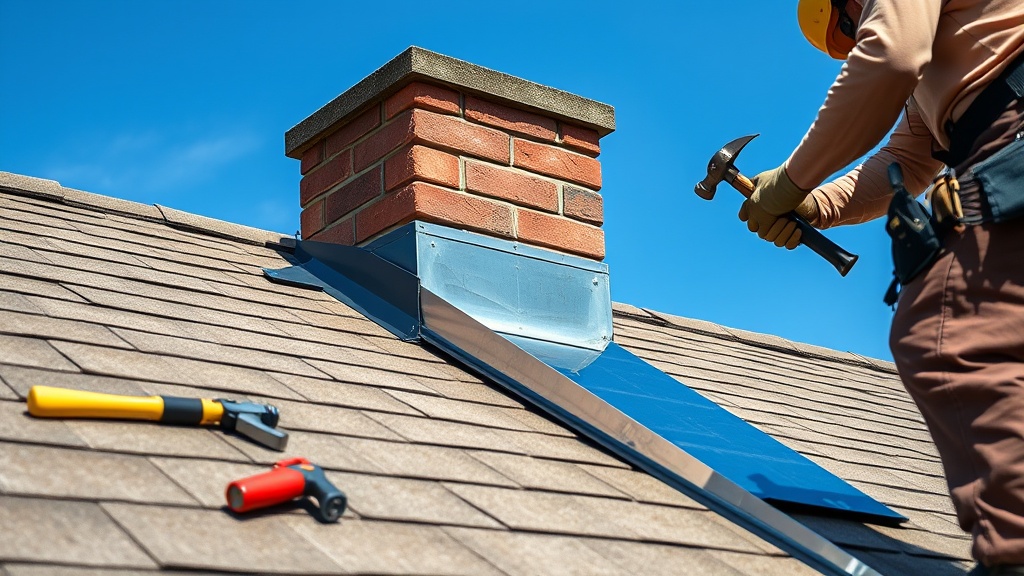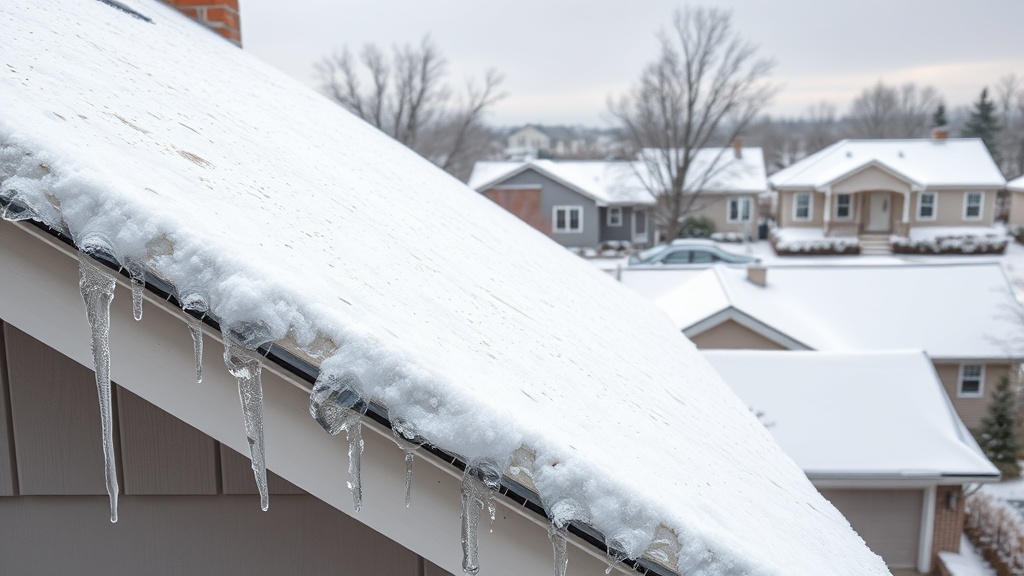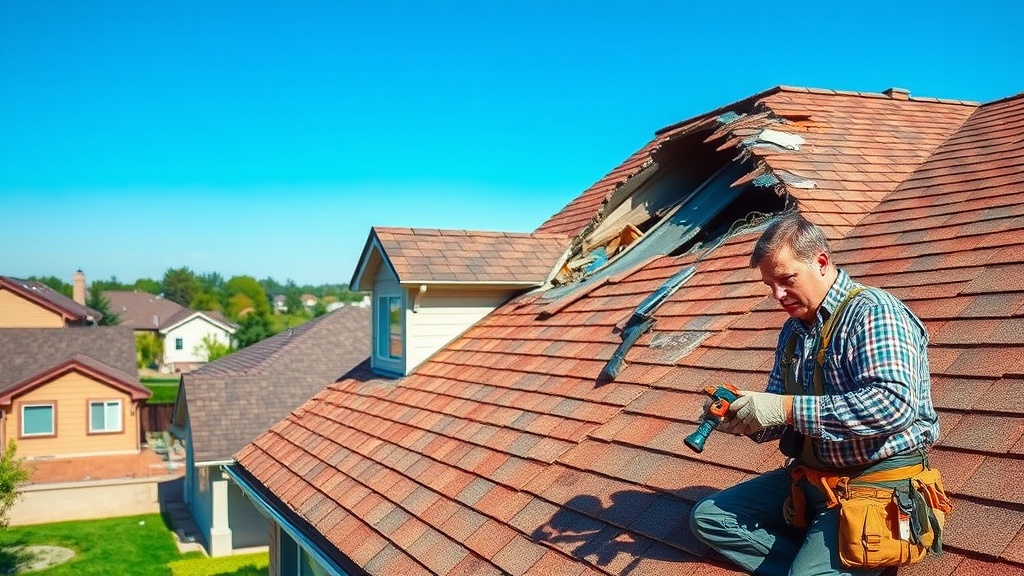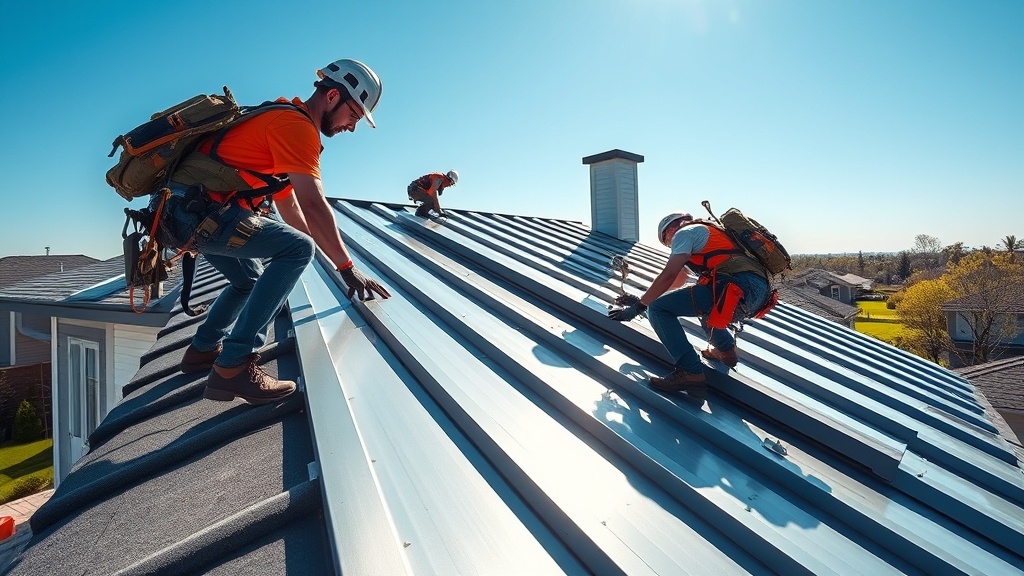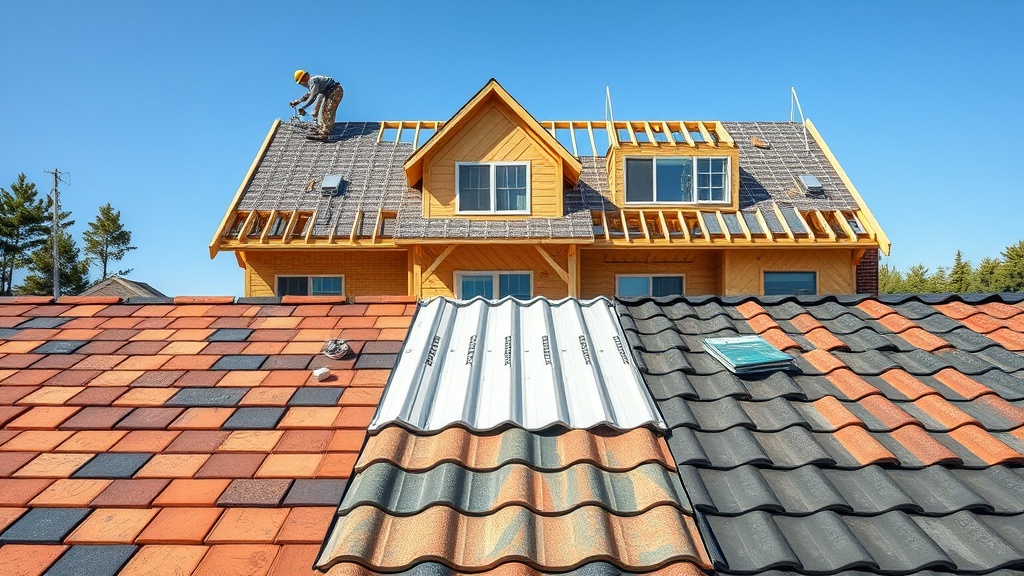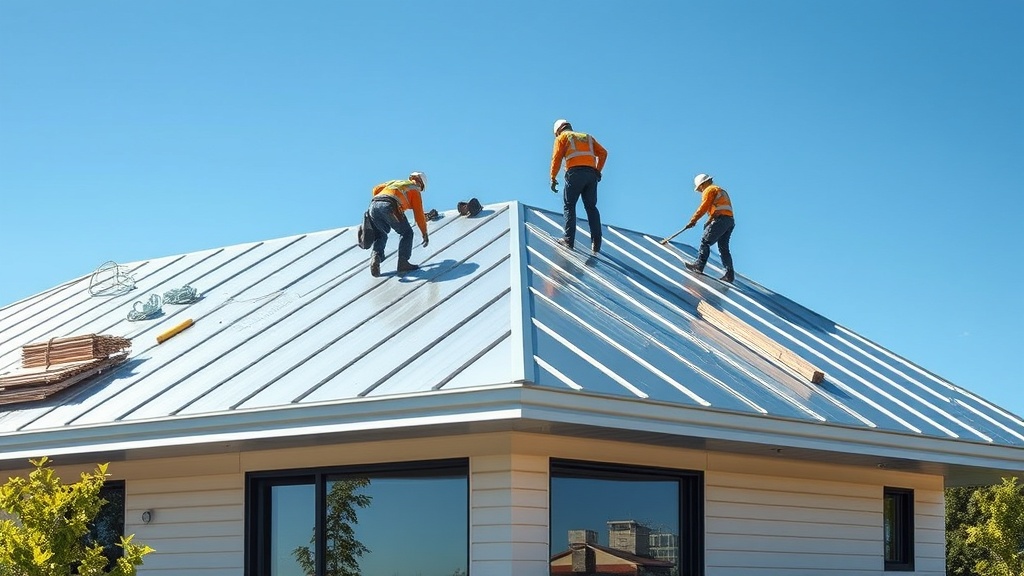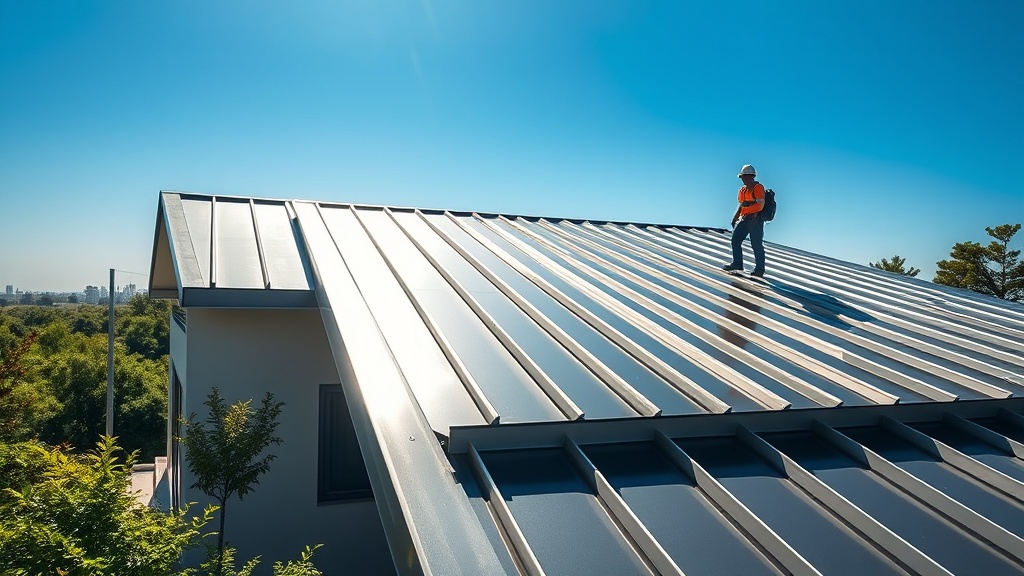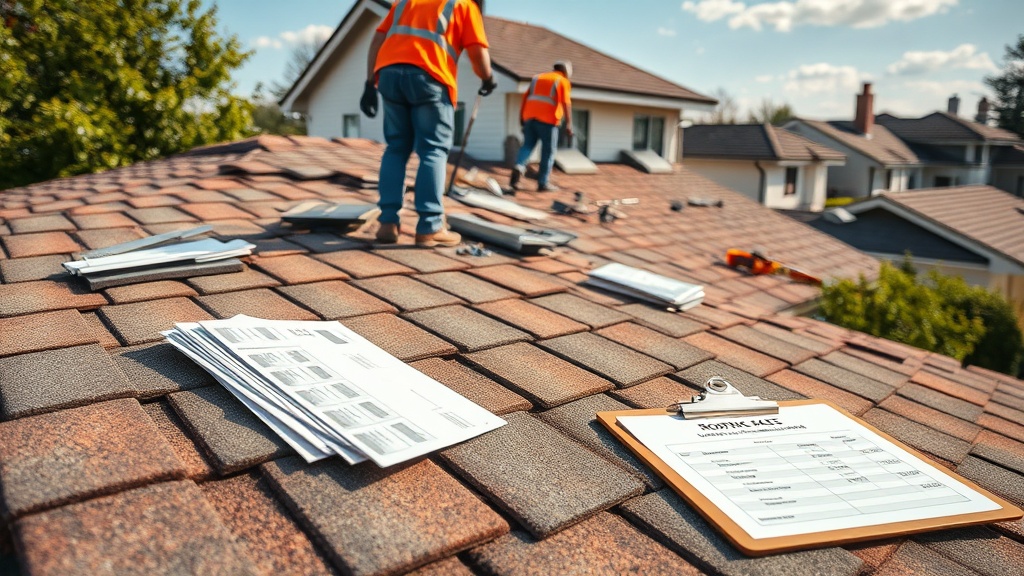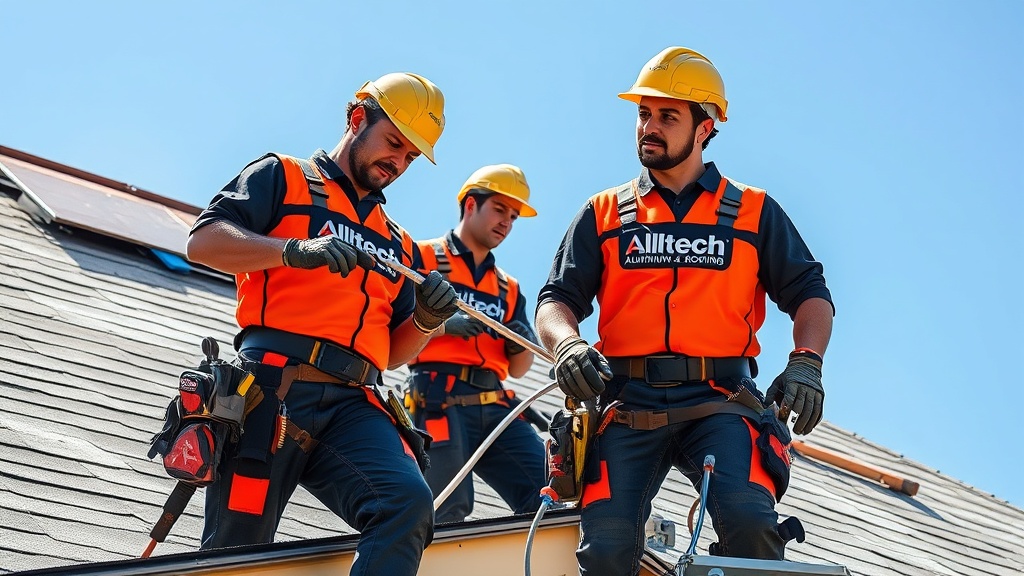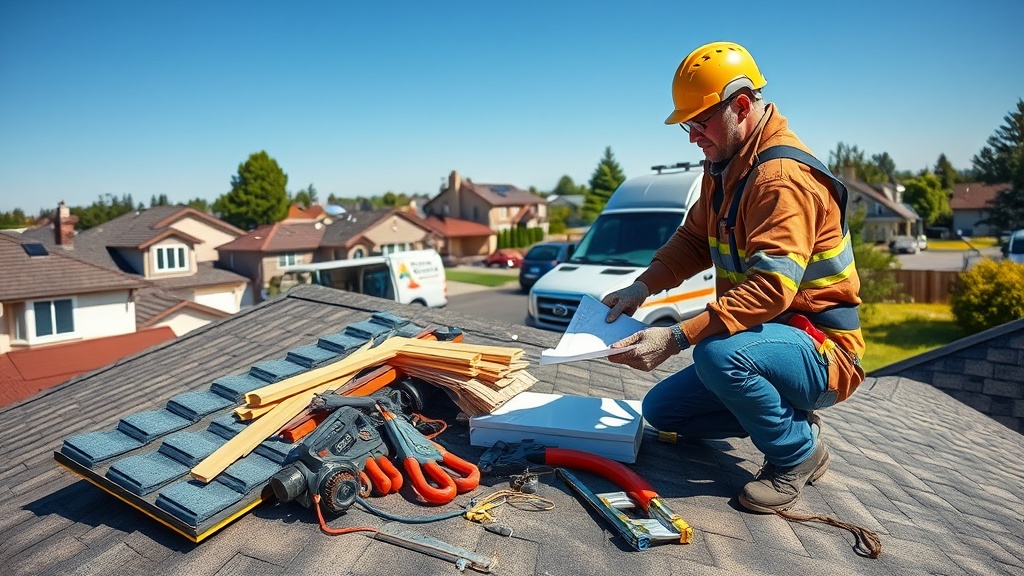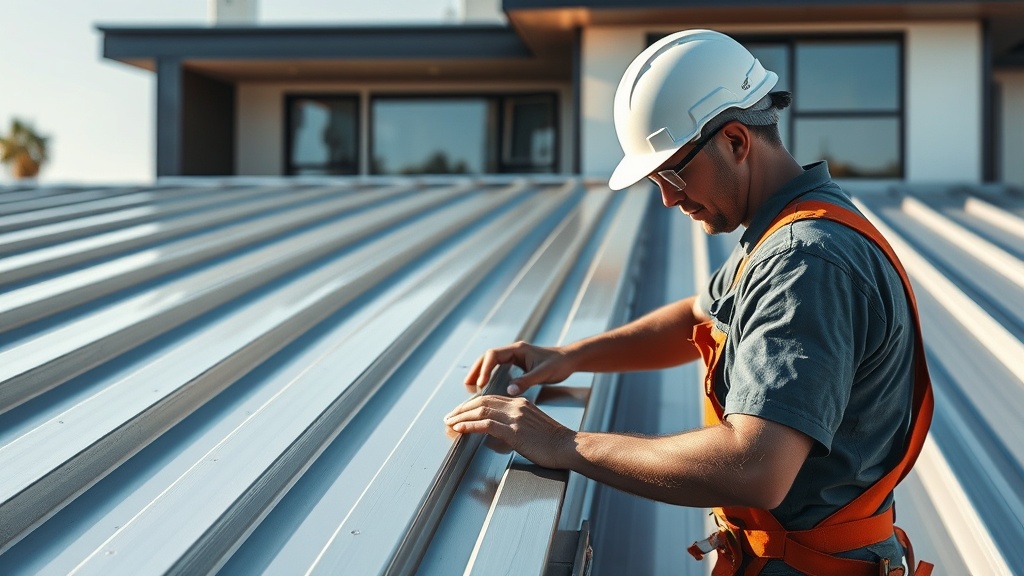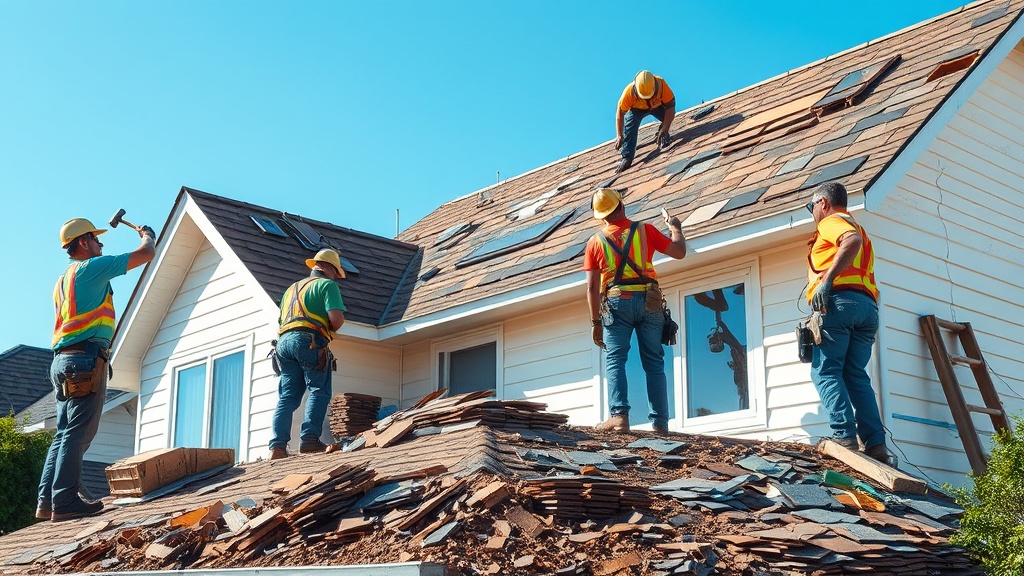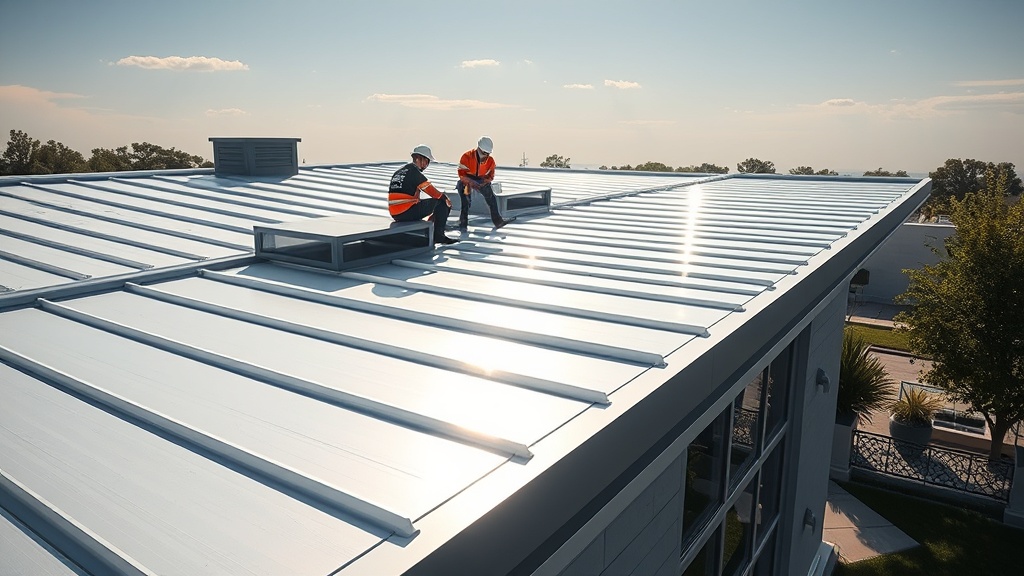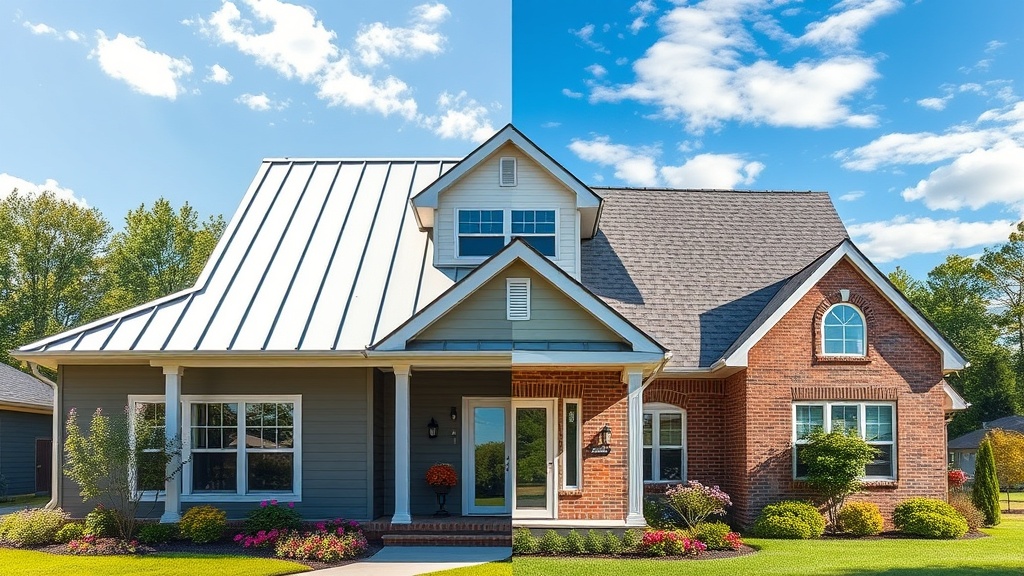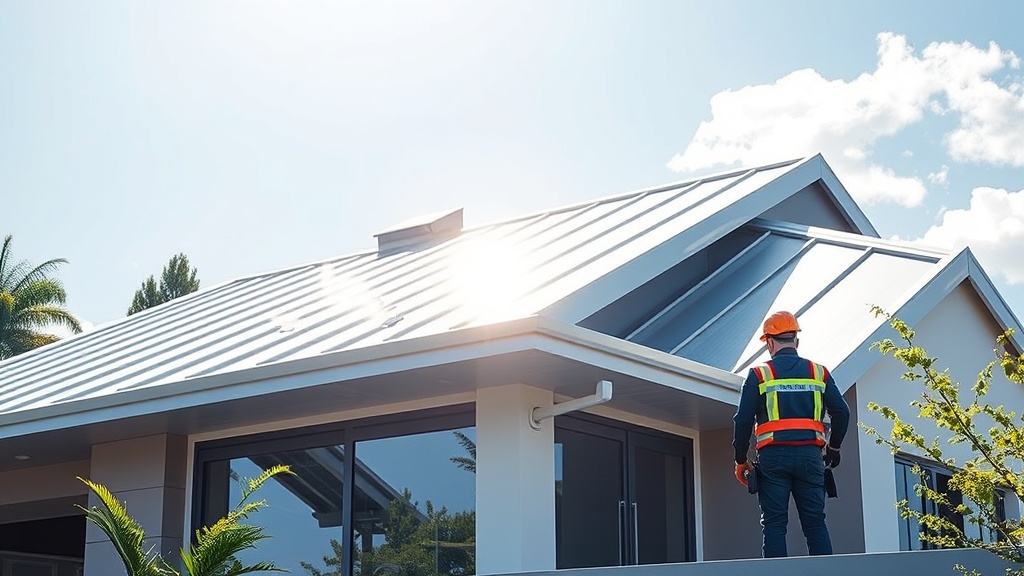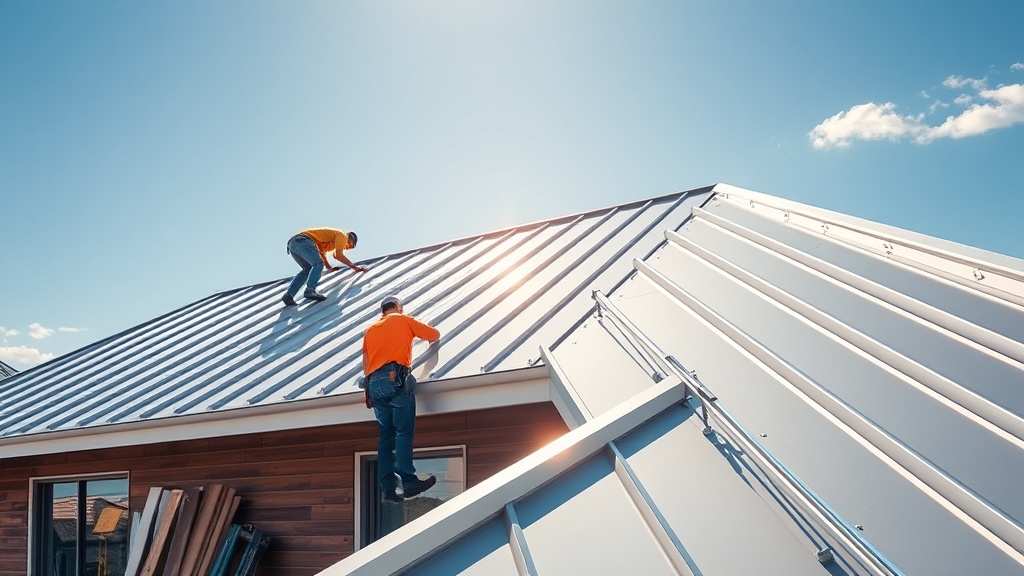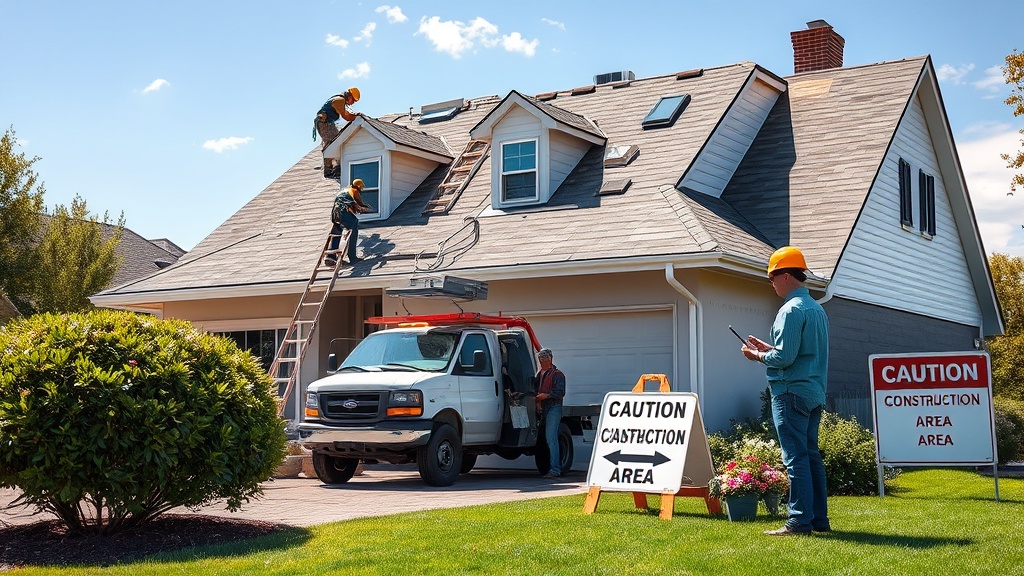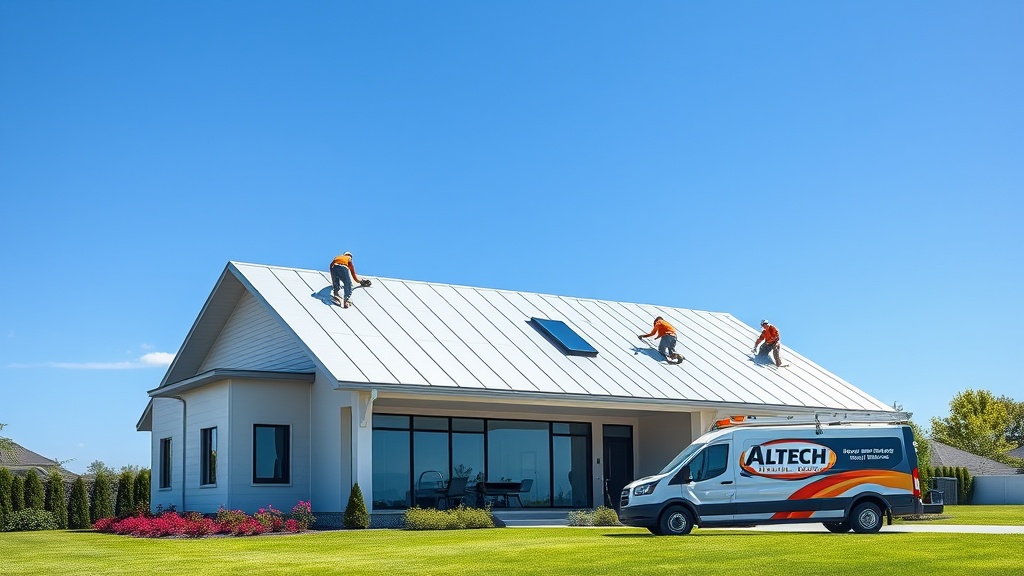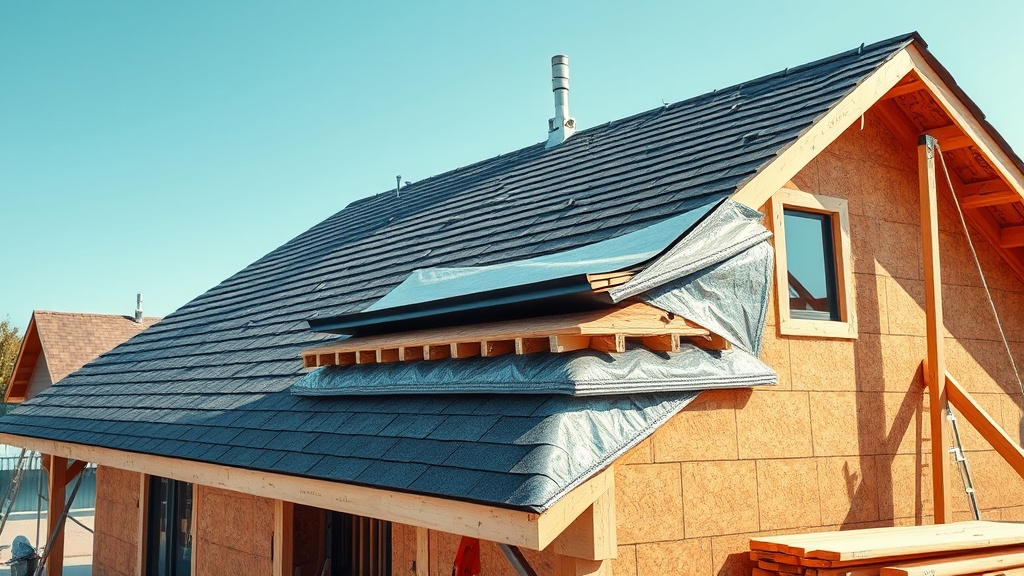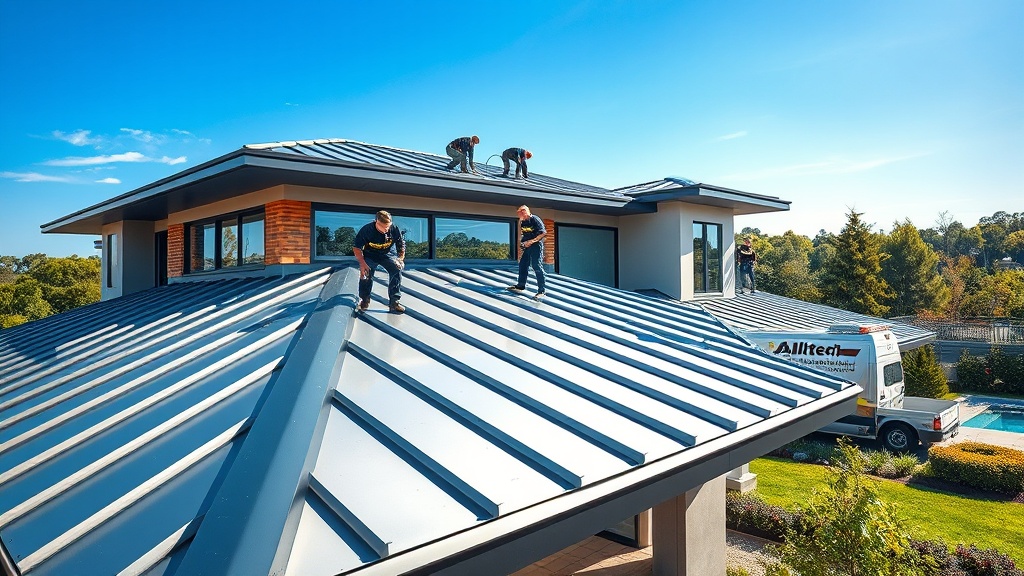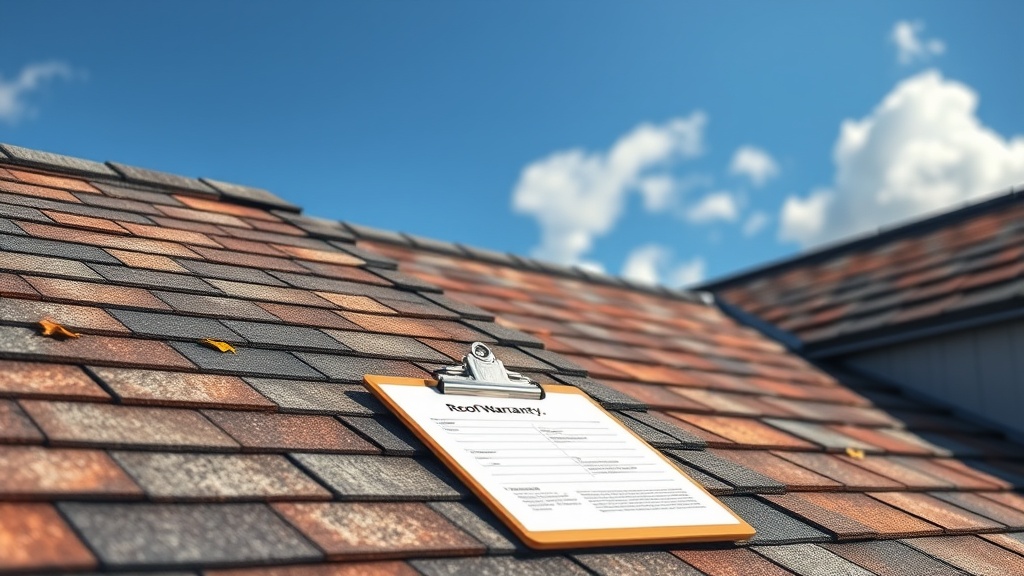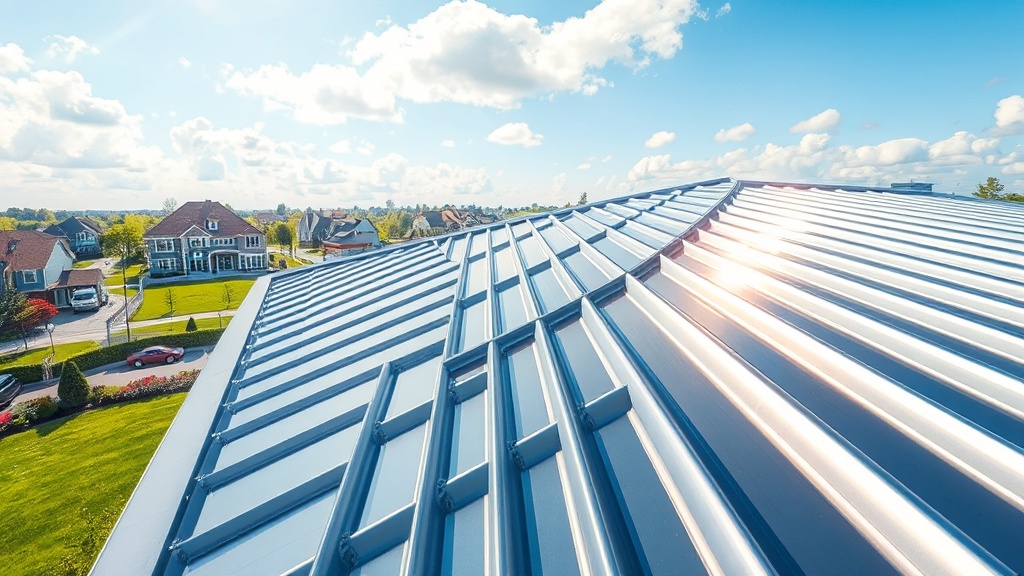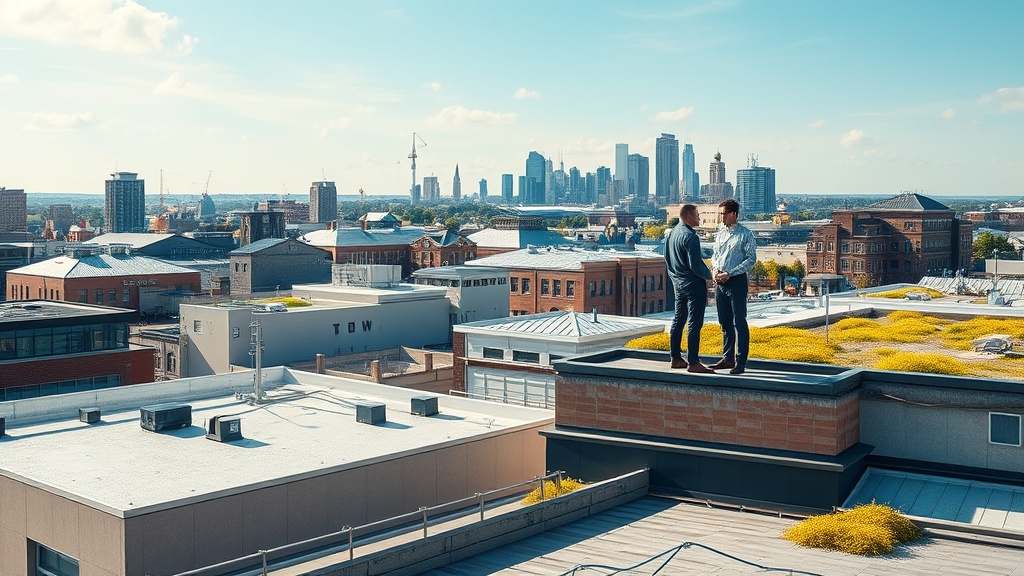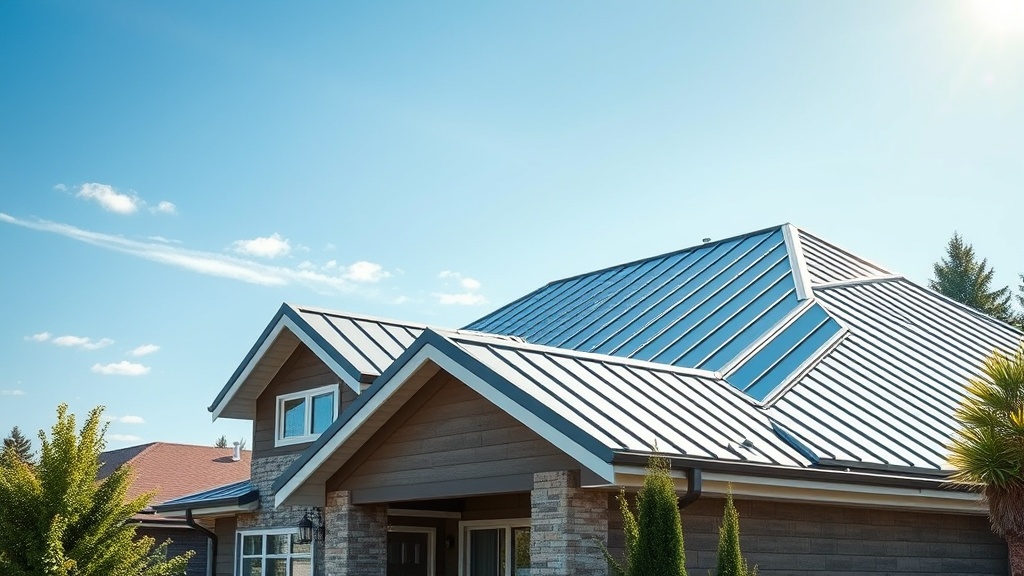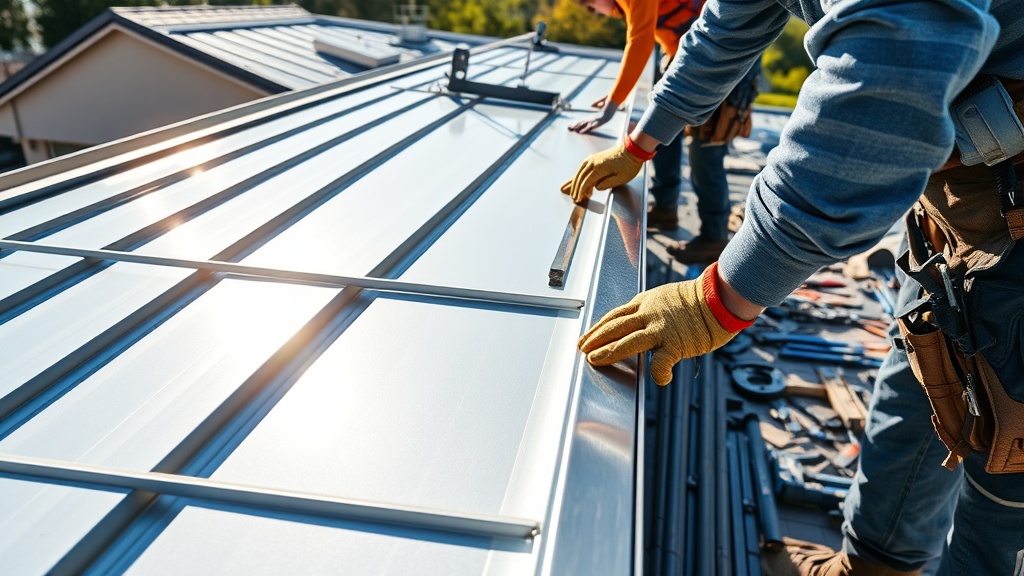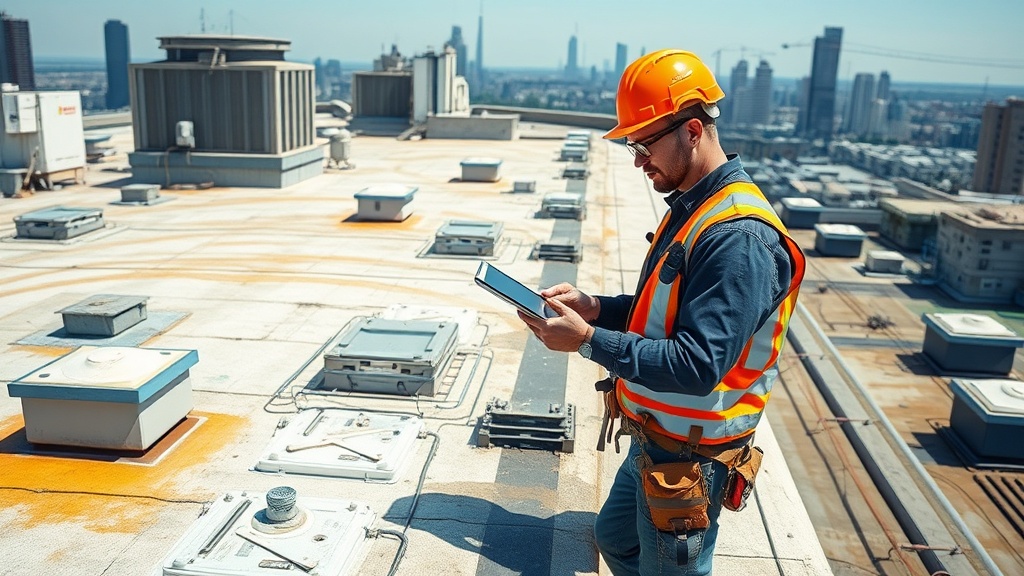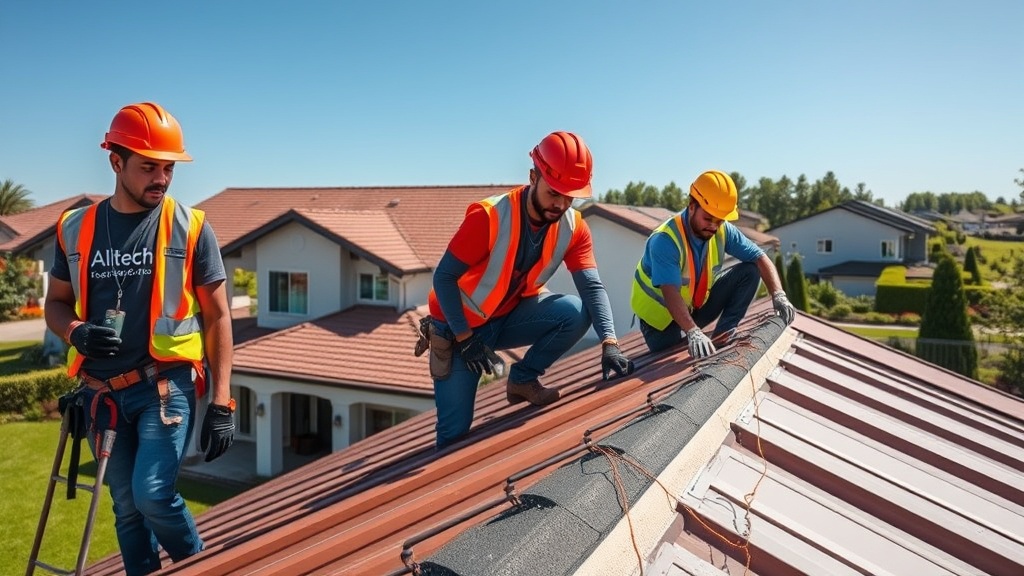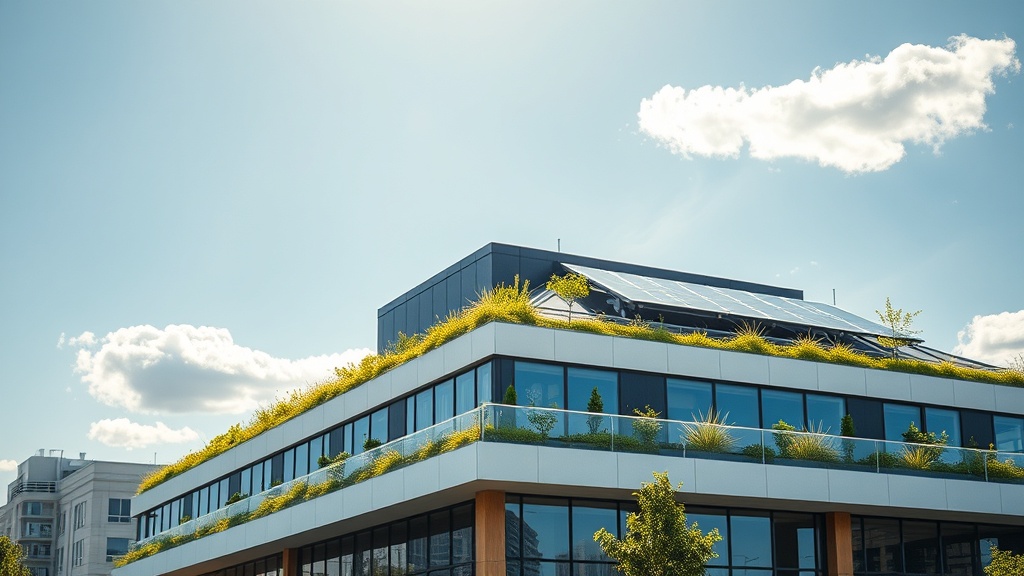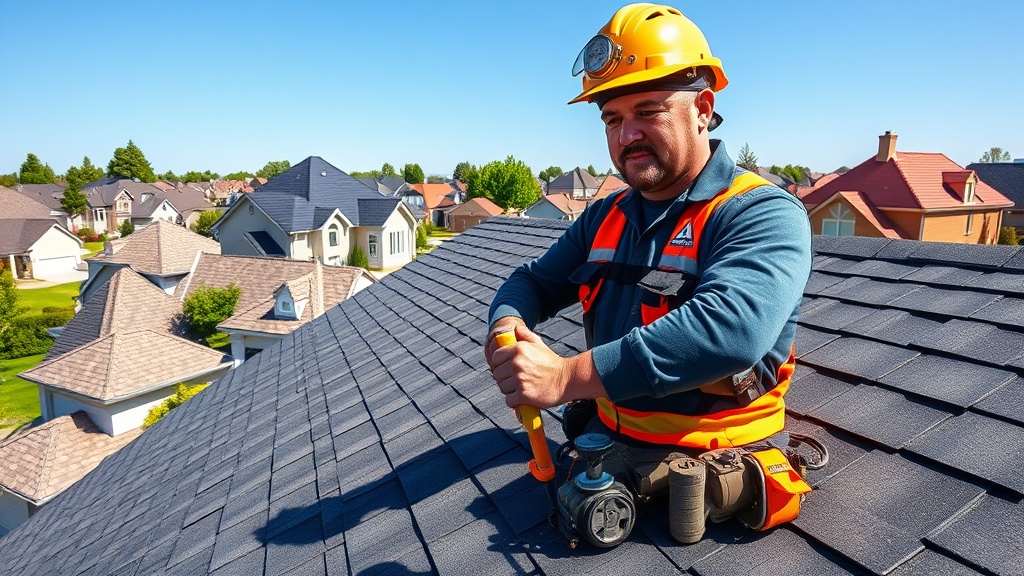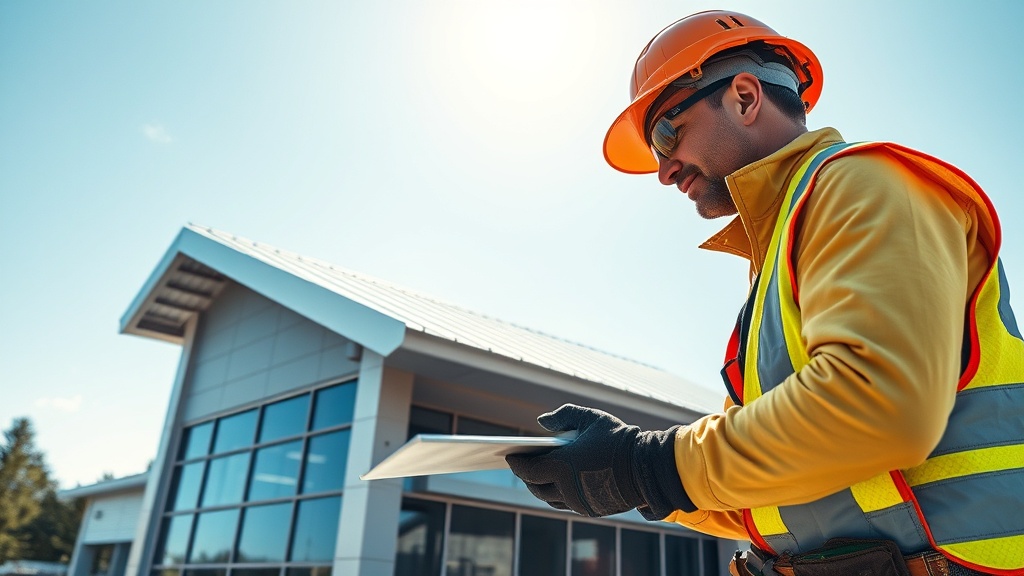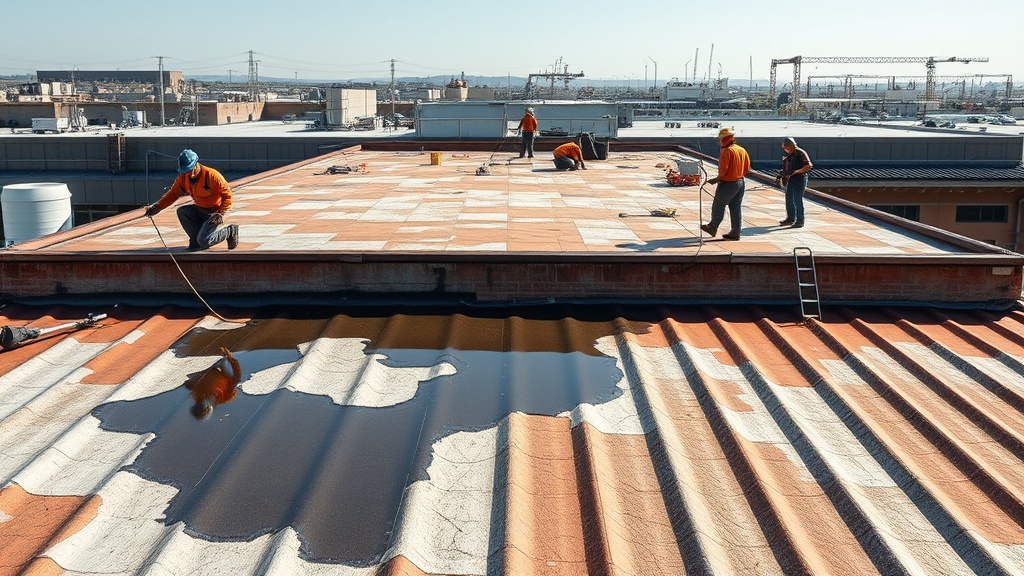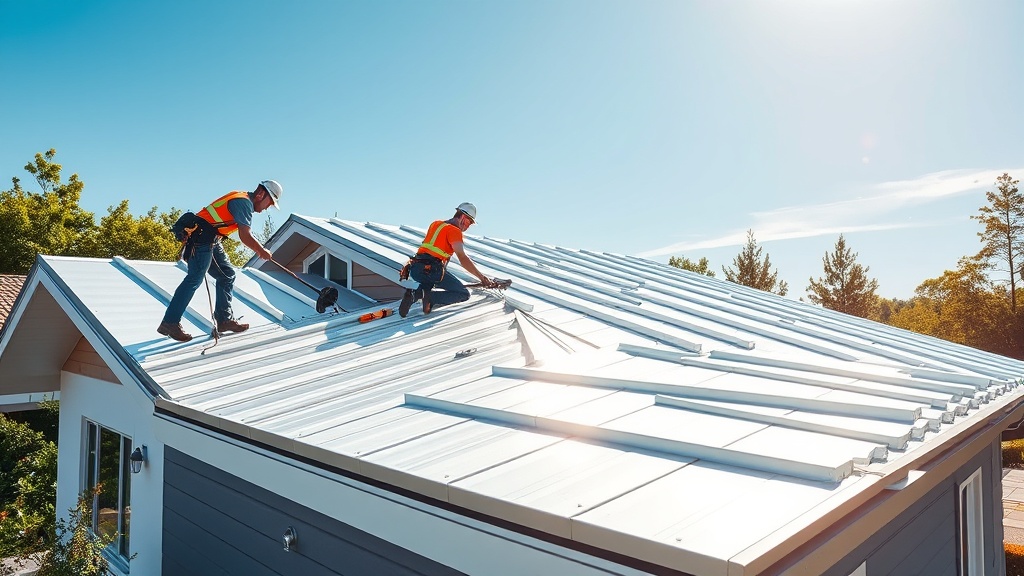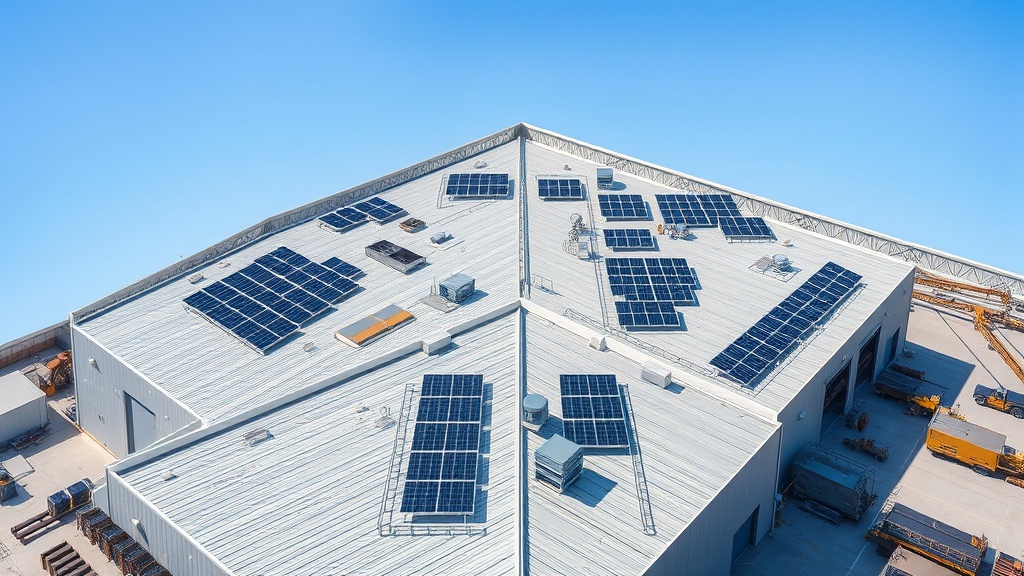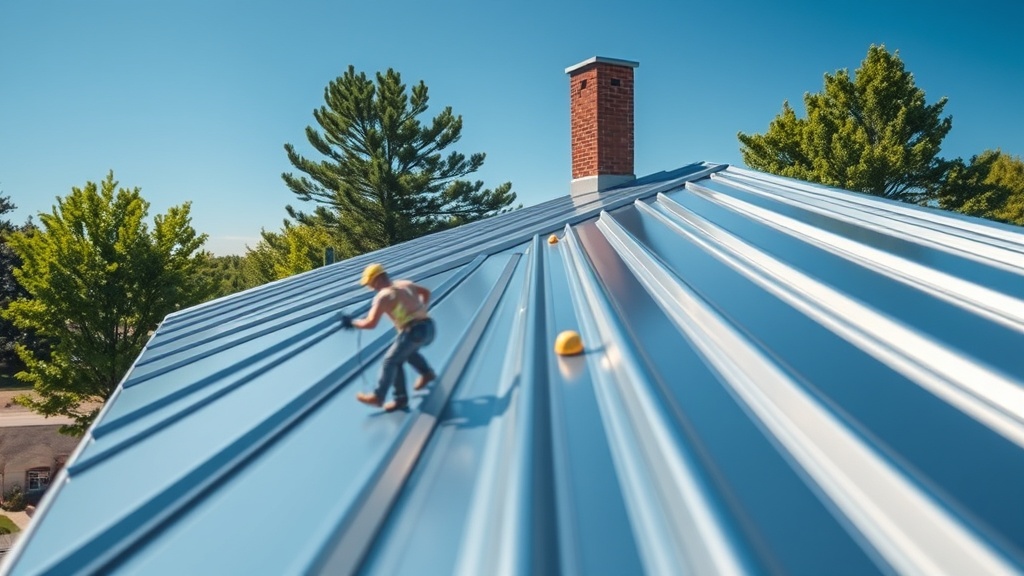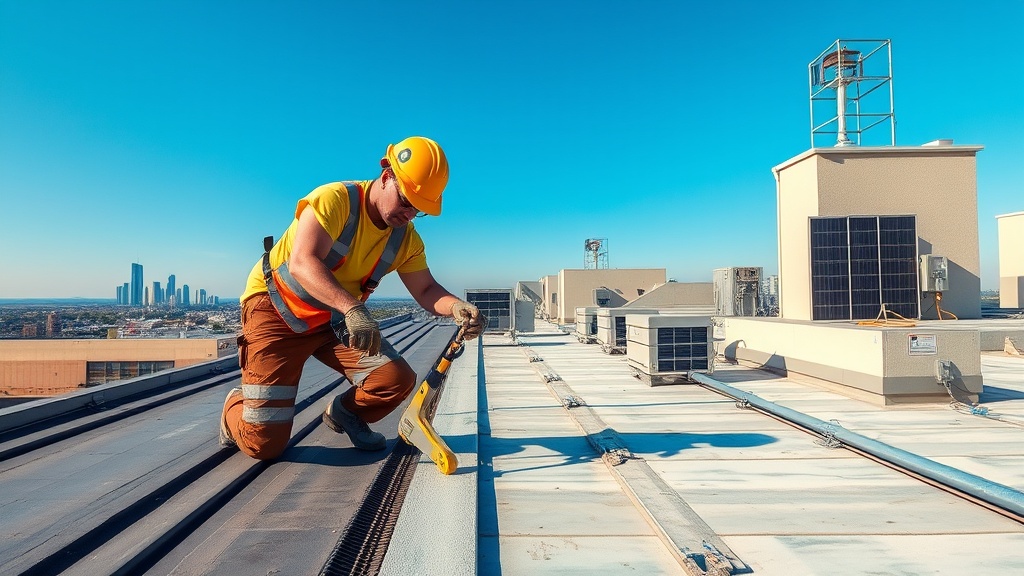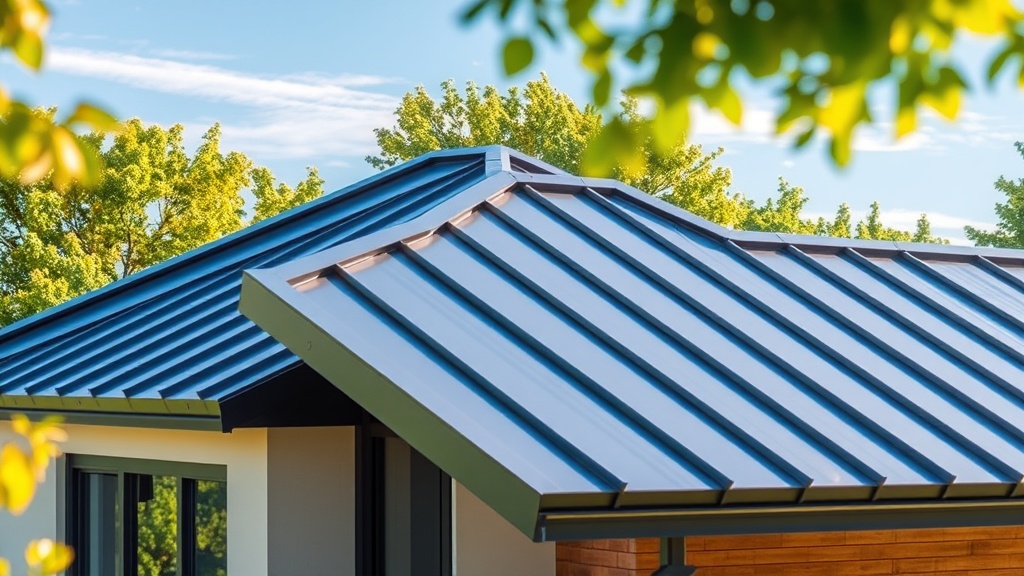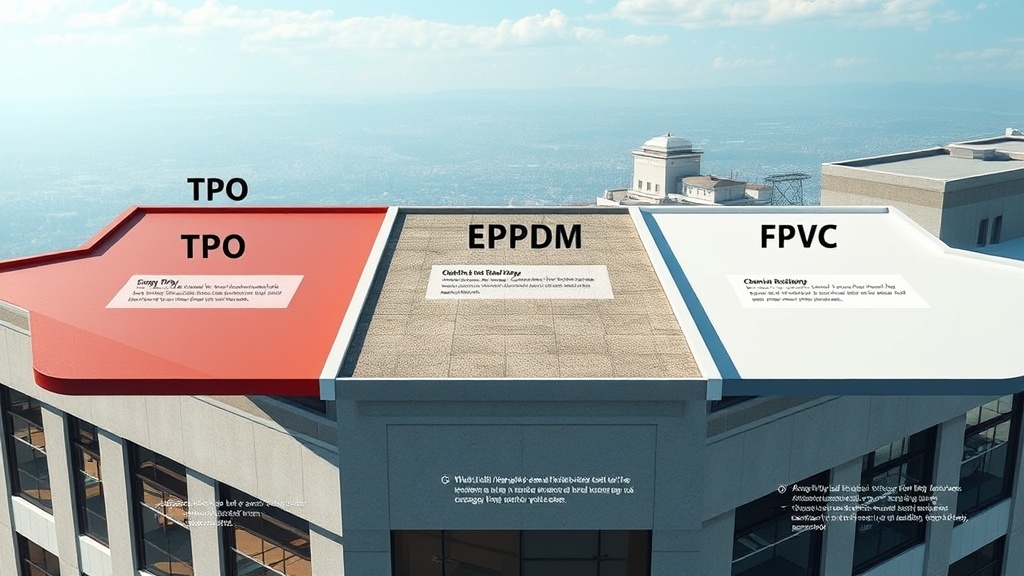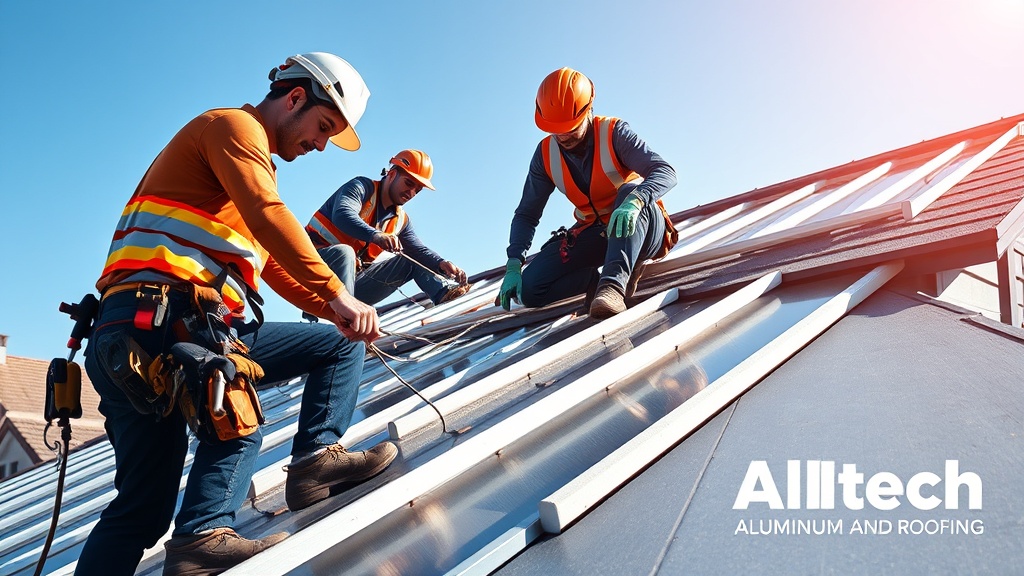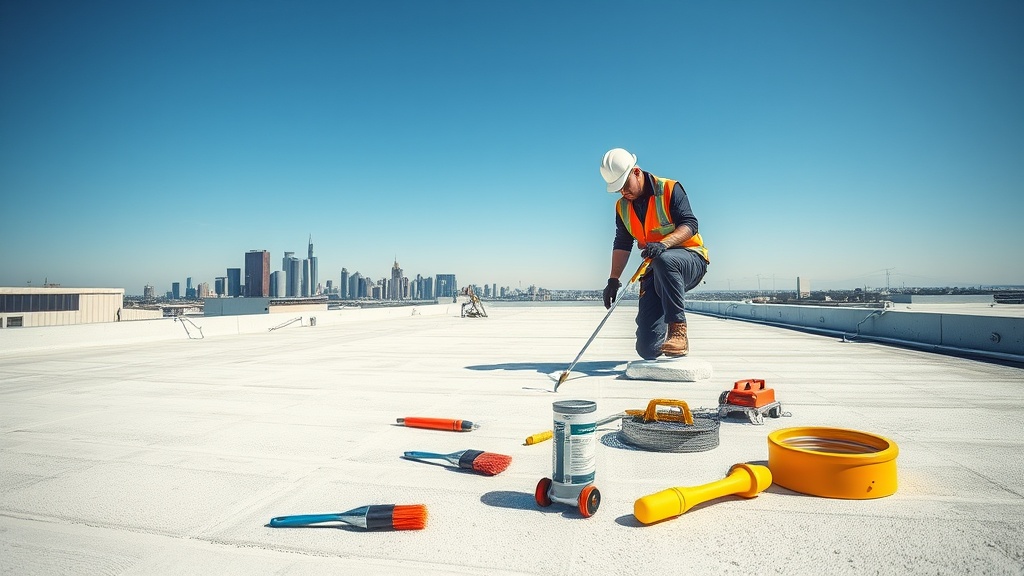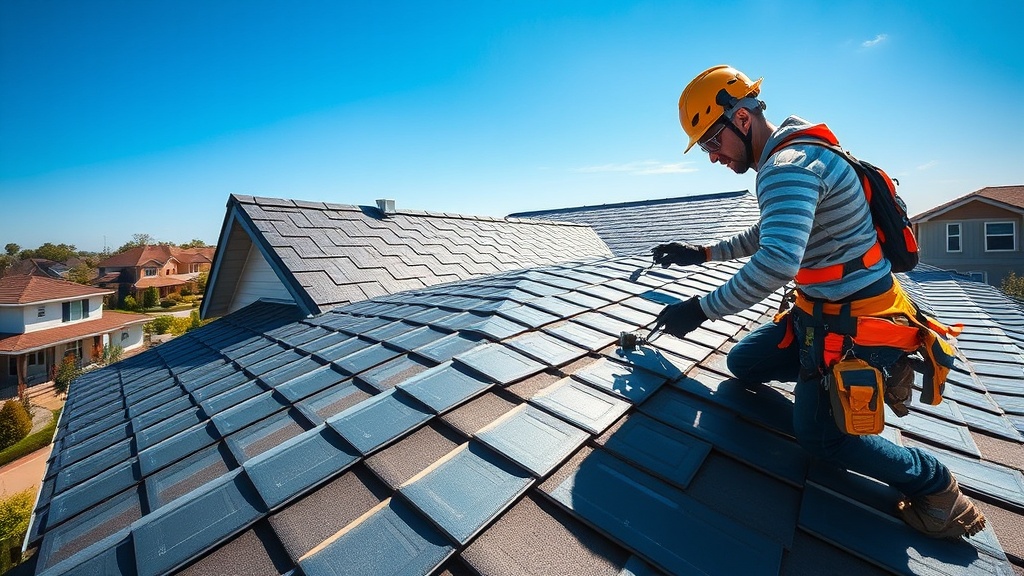Can You Repair a Roof Yourself? DIY vs. Professional Repairs
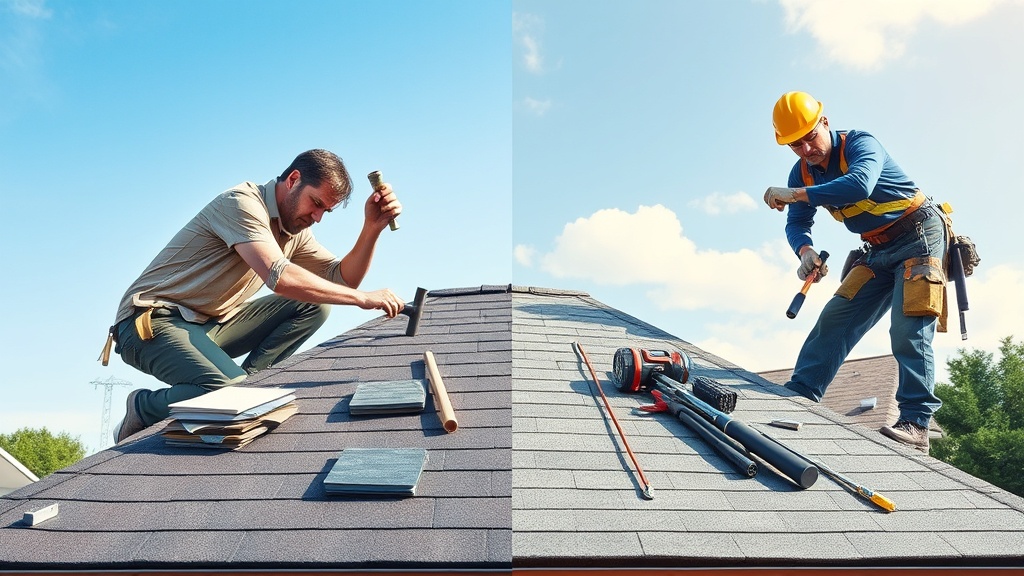
" "
Hello, dear reader! If you've found your way here, it's probably because you're contemplating the daunting question: Can you repair a roof yourself, or should you hire a professional? It's a common dilemma for homeowners, especially when faced with the necessity of maintaining one of the most crucial parts of your home – the roof. So, let's dive into this topic with a friendly, approachable tone and see if we can unravel the mysteries of roofing repairs together.
A Brief Historical Context
Roofing has been an essential part of construction for centuries. Historically, roofs were built with the materials that were most readily available. Thatched roofs, made from dry vegetation, were common in many parts of the world. As technology advanced, so did roofing techniques. We moved from simple thatch to wooden shingles, clay tiles, and eventually to the modern materials we know today, like asphalt shingles and metal roofing.
In earlier times, most roofing work was a DIY affair. People built and repaired their own roofs out of necessity. However, as construction techniques became more complex and materials more varied, the role of the professional roofer became more prominent. Today, the question of whether to DIY or hire a professional is less about necessity and more about choice, skill level, and safety.
The Rise of DIY Culture
With the advent of the internet and an abundance of "how-to" videos, the DIY culture has exploded. People are more empowered than ever to tackle home improvement projects themselves. The appeal is understandable – who doesn't want to save a little money and gain the satisfaction of completing a project on their own?
However, roofing isn't your average weekend project. It requires careful consideration of factors like the type of roof, the extent of the damage, and the tools and materials needed. So, let's break it down further.
Understanding Your Roof
Before deciding whether to repair a roof yourself or hire a professional, you must understand what you're dealing with. Here are some critical aspects to consider:
- Type of Roof: Is it a flat roof, a sloped roof, or something more complex? The type of roof can significantly affect the difficulty and safety of the repair.
- Material: Asphalt shingles, metal, wood, slate, or tile – each material has its repair techniques and considerations.
- Extent of Damage: Is it a small leak, missing shingles, or something more extensive? More significant damage might require professional expertise.
DIY Roof Repair: The Pros and Cons
Pros of DIY Roof Repair
Cost Savings: One of the most significant advantages of DIY roof repair is saving money. You won't have to pay for labor costs, which can be substantial.
Learning Experience: Repairing your own roof can be a valuable learning experience. You'll gain skills that might come in handy for future repairs.
Control and Satisfaction: There's a certain satisfaction in completing a repair yourself. Plus, you have complete control over the process and materials used.
Cons of DIY Roof Repair
Safety Risks: Roofing is dangerous. Falls from roofs can result in serious injury or worse. Professional roofers are trained in safety protocols, whereas DIYers might not be.
Lack of Expertise: Professionals bring years of experience and expertise. Mistakes in roofing can lead to further damage and costly repairs down the line.
Time and Effort: Roofing repairs can be time-consuming and labor-intensive. It might take significantly longer for a DIYer to complete a repair than a professional.
Real-World Scenario: The Small Leak
Imagine you've discovered a small leak in your roof. It's just a tiny drip, and you think, "I can handle this." You watch a few videos, gather your tools, and head up the ladder. The repair seems to go smoothly. However, a few months later, during a heavy rain, the leak reappears, worse than before. What happened?
Analysis: Without the professional's eye, you might have missed underlying issues causing the leak, like damaged underlayment or improper flashing. This scenario highlights the potential pitfalls of DIY repairs.
Professional Roof Repair: The Pros and Cons
Pros of Professional Roof Repair
Expertise and Experience: Professional roofers have the skills and experience to handle a wide range of roofing issues. They can quickly diagnose problems and implement effective solutions.
Safety: Professionals adhere to strict safety standards and have the proper equipment to work safely at heights.
Quality of Work: A professional job often comes with a warranty, providing peace of mind that the repair will last.
Cons of Professional Roof Repair
Cost: Hiring a professional can be expensive, especially for extensive repairs.
Less Control: You're entrusting the job to someone else, which means less control over the process and materials.
Scheduling: Depending on the availability of the roofing contractor, you might have to wait before the repair can be completed.
Real-World Scenario: The Complete Re-roof
Your roof has seen better days, and it's time for a complete overhaul. You hire a reputable roofing company. The crew arrives, and within a few days, your home has a brand-new roof. It looks great, and you have a warranty for added peace of mind.
Analysis: While the cost was significant, the peace of mind and quality of work provided by professionals are invaluable. This scenario illustrates the benefits of professional involvement in larger projects.
Current Trends in Roofing
The roofing industry is continually evolving, with new materials and technologies emerging. Here are some current trends that are worth considering:
Eco-Friendly Roofing: More homeowners are opting for sustainable roofing materials like recycled shingles or green roofs, which can help reduce energy costs and lessen environmental impact.
Smart Roofs: Technology is making its way into roofing, with innovations like solar shingles and energy-efficient roofing systems becoming more popular.
Durability and Lifespan: Homeowners are increasingly looking for materials that offer longevity and durability, reducing the frequency of repairs and replacements.
Future Implications
As technology advances, we might see even more innovations in roofing materials and methods. The integration of smart technologies could make roofs more efficient and easier to maintain. Additionally, with an increasing focus on sustainability, eco-friendly roofing options may become the norm rather than the exception.
Making the Decision: DIY or Professional?
Deciding whether to tackle a roof repair yourself or hire a professional involves several considerations:
Assess Your Skills: Be honest about your DIY skills and experience. Roofing is not the place for trial and error.
Evaluate the Risk: Consider the safety risks involved. If you're uncomfortable with heights or lack the proper equipment, it might be best to leave it to the professionals.
Consider the Cost: Compare the potential savings of a DIY repair with the benefits of professional expertise and warranty.
Think Long-Term: Consider the long-term implications. A poor repair job can lead to more significant issues down the line, possibly costing more than if you'd hired a professional in the first place.
Conclusion
While the allure of DIY repairs is strong, especially with the wealth of information available, roofing is a task that often warrants professional attention. The safety, expertise, and quality assurance that come with hiring a professional can far outweigh the potential cost savings of doing it yourself.
However, if you have the skills, confidence, and a straightforward problem to address, DIY can be a rewarding and cost-effective option. Ultimately, the decision comes down to your skills, the specific situation, and your comfort with the associated risks.
Whatever path you choose, ensuring your roof is well-maintained will protect your home and provide peace of mind. So, weigh your options, consider your circumstances, and make the choice that's right for you. Happy roofing!

